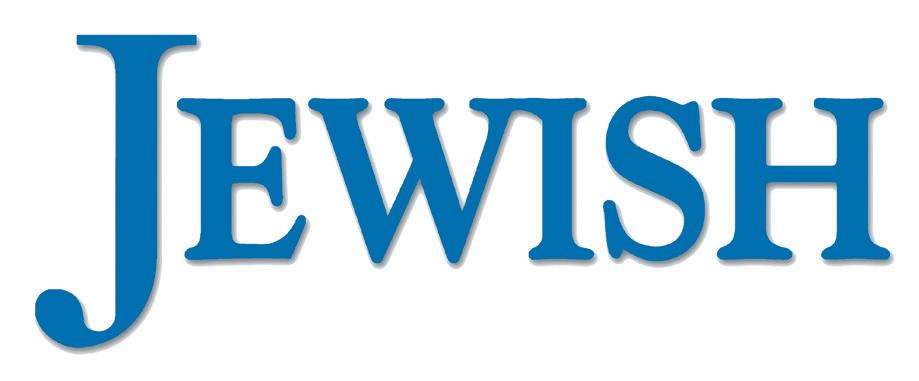

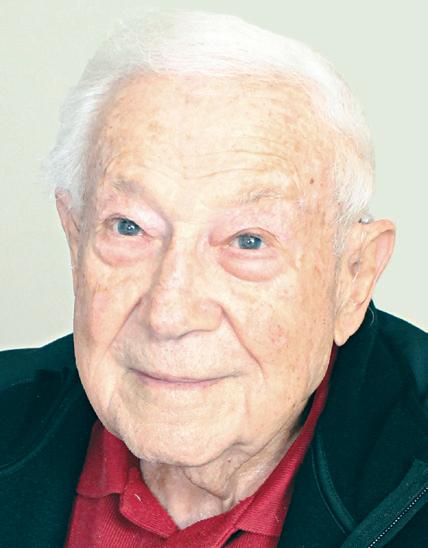


OBSERVER DAYTON THE Published by the Jewish Federation of Greater Dayton May 2024 Nisan/Iyar 5784 Vol. 28, No. 9 David Moss designs Grace After Meals in comic book form p. 22 The Miami Valley’s Jewish Monthly • daytonjewishobserver.org For Israeli survivors of Oct. 7, speaking tour becomes form of therapy p. 6 Catskills doc opens Film Fest 25 Remembering Robert Kahn 8 Righteous gentiles focus of Yom Hashoah program 11 Jewish Federation of Greater Dayton 525 Versailles Drive Dayton, OH 45459 Address Service Requested NON-PROFIT ORGANIZATION U.S. POSTAGE P A D DAYTON, OHIO PERMIT NO. 59 Sinai Temple 'Ignoring Jewish suffering is evil.' Rabbi David Wolpe keynotes Federation Presidents Dinner Grossinger's dance staff Marilou Brewster
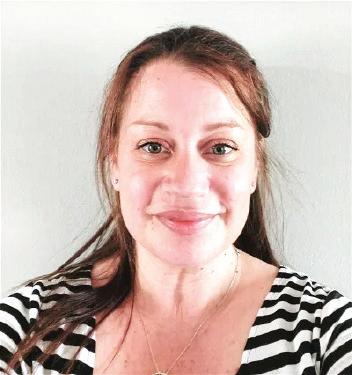
Trusted - Respected - Recommended
Jill Jackson Realtor®
937.245.4302
jilljacksonsells@gmail.com
www.JillJacksonSells.com
1490 N. Fairfield Rd., Suite C Beavercreek, OH 45432





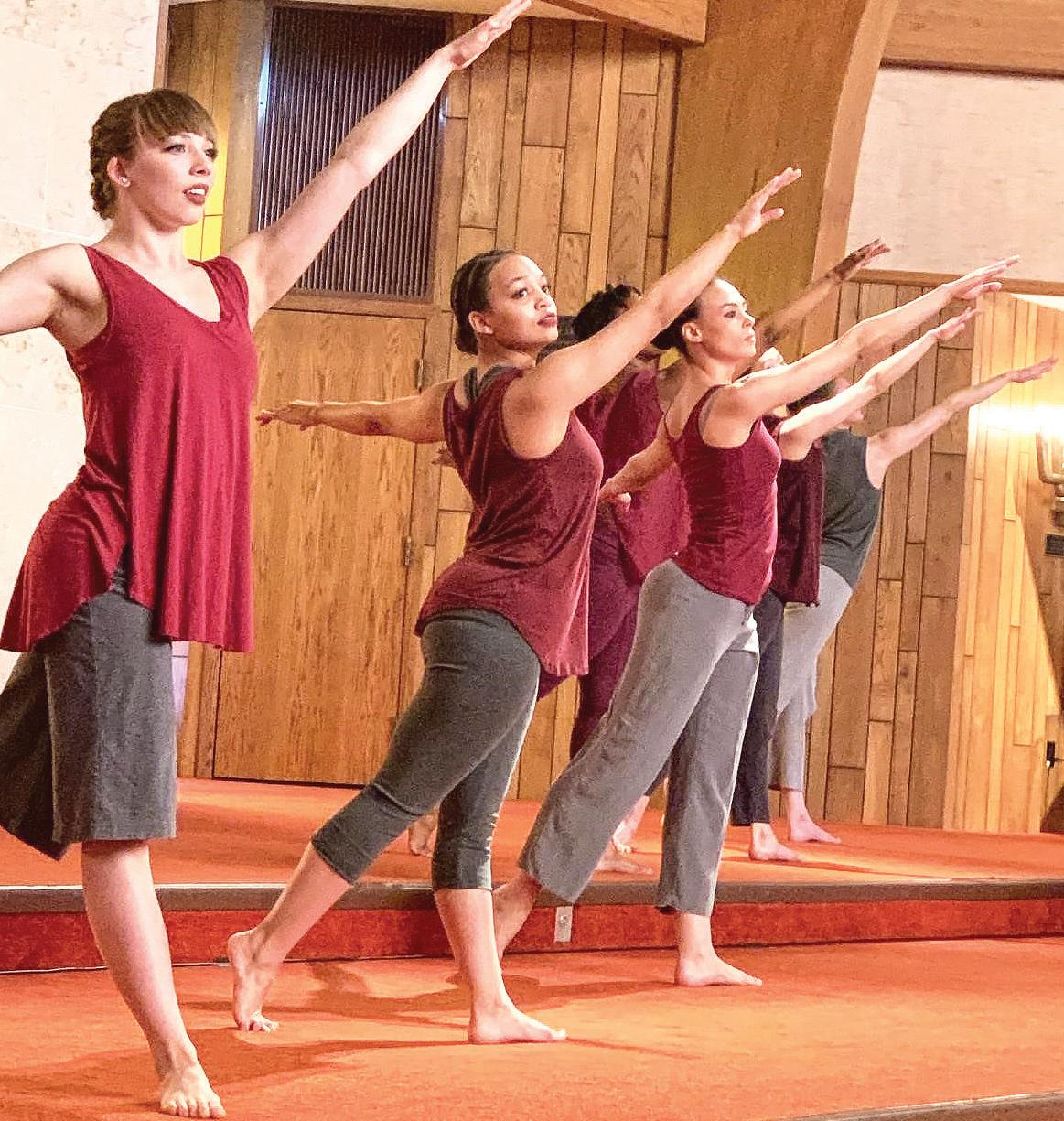

Dancers with DCDC2 perform the newly-commissioned work When Dance Transcends Barriers, April 7 at Beth Jacob Congregation. Funded by a Jewish Federation of Greater Dayton Innovation Grant, the piece celebrates the legacies of DCDC founder Jeraldyne Blunden, and her mentors, Dayton Ballet founders Josephine and Hermene Schwarz. Right: Blunden's daughter, DCDC Chief Artistic & Producing Director Debbie Blunden-Diggs, shared her recollections at the event. Arts enthusiast Dr. Burt Saidel served as master of ceremonies. Beth Jacob co-sponsored the program with the Jewish Community Relations Council.
CONTACT US TO LEARN MORE
Doug Kinsey, CFP®, CIMA® Managing Partner, Oakwood Office artifexfinancial.com
855-752-6644
doug.kinsey@artifexfinancial.com


2305 Far Hills Avenue, Suite 206 | Oakwood, OH | 45419
Does your teenager graduate
The Observer is happy to offer you a FREE announcement, including a photo, in our June graduation issue.
To receive a form for this free announcement, contact Marshall Weiss at mweiss@jfgd.net.
Forms received after May 8 will be held for the July issue of The Observer high school this year?

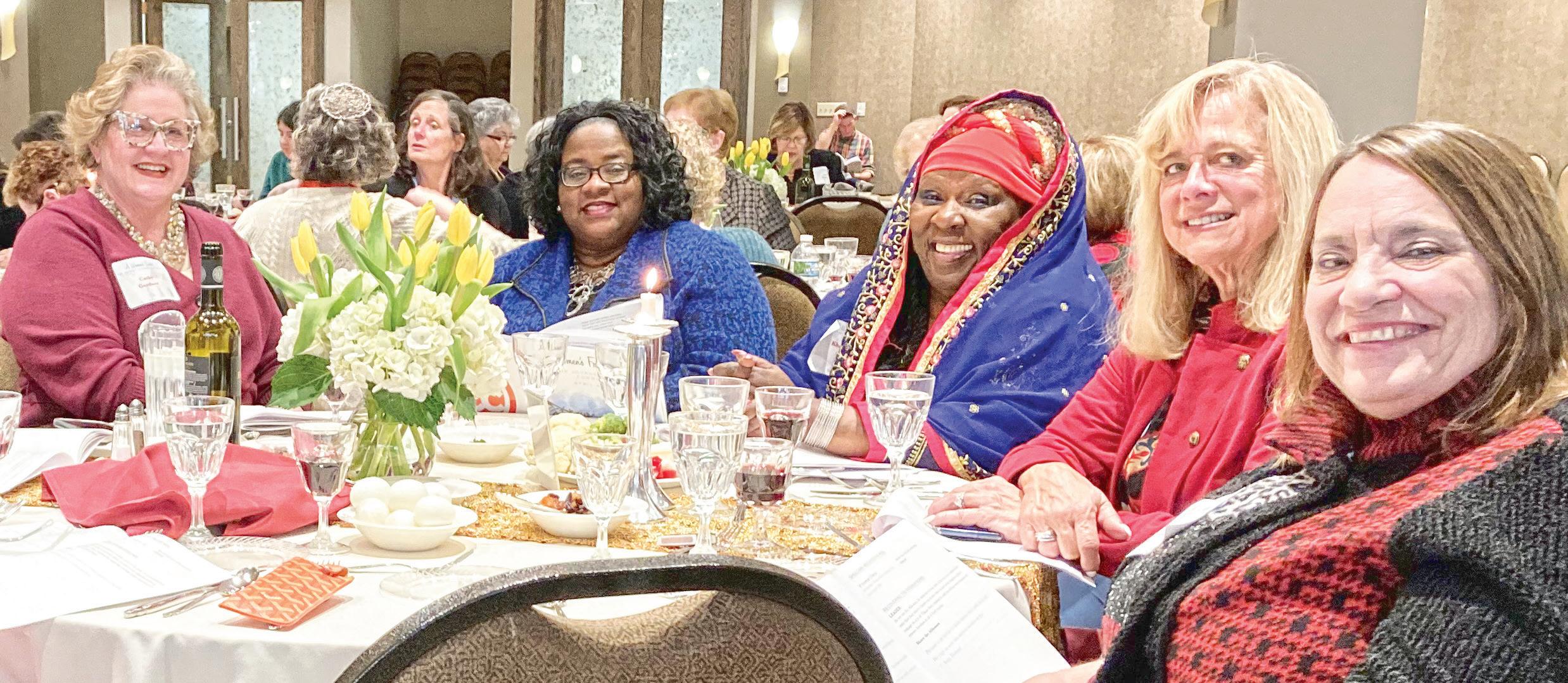
At the annual Women's Freedom Seder, April 4 at Beth Abraham Synagogue, are (L to R) Jewish Federation CEO Cathy Gardner, Mont. Co. Office of Reentry Community Manager Jamie Gee, Circle of Vision Keepers co-founder & Program Director Khadijah Ali, Mont. Co. Commissioner Debbie Lieberman, and Mont. Co. Commissioner Carolyn Rice. This year marked the 10th Women's Freedom Seder, a program of the JCC in collaboration with women from Beth Abraham Synagogue, Beth Jacob Congregation, Hadassah, Temple Beth Or, and Temple Israel.
PAGE 2 THE DAYTON JEWISH OBSERVER • MAY 2024 DAYTON Arts..............................24 Calendar.............................19 Mazel Tov.................................21 Obituaries...........................26 Opinion.........................18 Religion..........................20
We’ll help you reach your financial goals so you can take care of the rest.
F
O
ocus
n What Matters Most.
Jeff Blumer
Stacy Emoff
Rabbi Wolpe keynotes Presidents Dinner June 2
By Jacob Gurvis, JTA
Rabbi David Wolpe, who in December stepped down from Harvard University's antisemitism advisory committee — citing “events on campus and the painfully inadequate testimony" of the university’s then President Claudine Gay during a congressional hearing on campus antisemitism — will keynote the Jewish Federation of Greater Dayton's Presidents Dinner, June 2.
A visiting scholar at Harvard Divinity School and a rabbinic advisor to the Anti-Defamation League, Wolpe has built a reputation as one of the country’s most prominent and sought-after rabbis and Jewish thinkers.
Last June, he left his pulpit at Los Angeles’ Conservative Sinai Temple, where he is now an emeritus after more than two decades as senior rabbi, and is the author of eight books. Harvard’s administration announced the antisemitism advisory committee after facing backlash for what critics called
Jewish Federation’s Presidents Dinner with Rabbi David Wolpe, 5 p.m., Sunday, June 2 at the Boonshoft CJCE, 525 Versailles Dr., Centerville.
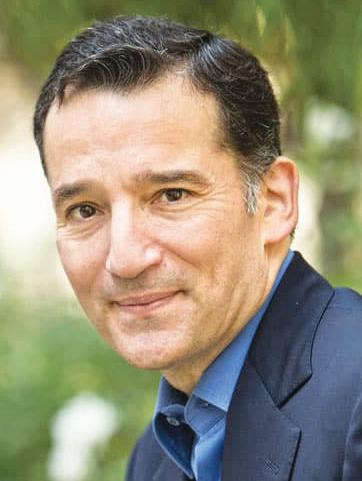
Rabbi David Wolpe an insufficient response to a student group statement that blamed the Oct. 7 attack on Israel. Since it was announced at the beginning of November, the committee has met frequently.
JTA learned that Gay did not directly consult the committee about the Dec. 5 congressional hearing before it took place. Her testimony drew intense criticism when she appeared to equivocate in defining antisemitic speech.
Gay resigned Jan. 2 in the wake of plagiarism allegations and months-long criticism of her response to allegations of antisemitism at the school.

“Without rehashing all of the obvious reasons that have been endlessly adumbrated online, and with great respect for the members of the committee, the short explanation is that both events on campus and the
painfully inadequate testimony reinforced the idea that I cannot make the sort of difference I had hoped,” Wolpe wrote Dec. 7, announcing his resignation from the committee on X, formerly Twitter.
Wolpe noted that a single committee is inadequate to fight the ideologies that motivate and undergird antisemitism, which he called “the task of educating a generation, and also a vast unlearning.”
In a thread of posts on X, he said that most Harvard students “wish only to get an education and a job, not prosecute ideological agendas.”
But he added that many students believe in what he called an “evil” ideology that fuels hatred of Jews.
“However, the system at Harvard along with the ideology that grips far too many of the students and faculty, the ideology that works only along axes of oppression and places Jews as oppressors and therefore intrinsically evil, is itself evil,” he wrote. “Ignoring Jewish suffering is evil. Belittling or denying the Jewish experience, including unspeakable atrocities, is a vast and continuing catastrophe. Denying Israel the self-determination as a Jewish nation accorded unthinkingly to others is endemic, and evil.”
Related
Interview with Rabbi David Wolpe.............................4
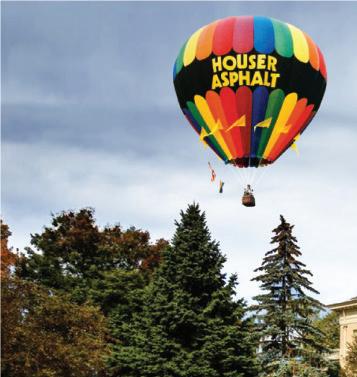
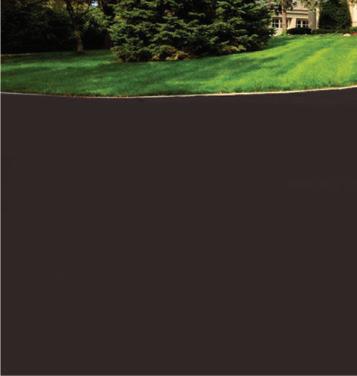

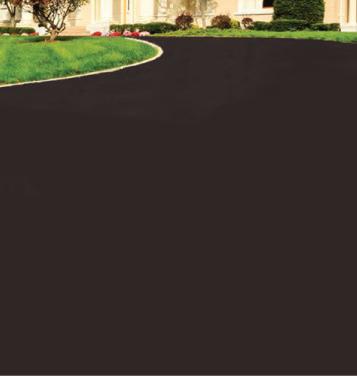






ark itzvah



Yom Hazikaron 5784 — more than 600 IDF casualties since October.






When I met with four Israeli visitors who had each lived through the Oct. 7 Hamas massacre, they were playing games with children at Hillel Academy, Dayton's Jewish day school. When it was time for the students to go back to class, these four Israelis — ages 23 to 42 — were as wound up and giddy as the children. "That was so much fun!" Eitan Frankl told me. He said he came on the weeklong speaking trip to help Jews in the United States truly know what happened in Israel on Oct. 7. He and the other three described their time outside of Israel as therapy (see story on Page Six). And Frankl offered another reason for the trip. "We have to be more connected than we were before. I didn't feel that close to the Jewish community in the Diaspora. And now, I see the Jewish communities as brothers. We are persecuted. No matter where we go. So we have to be there for each other. We have to dance with one another. We have to hug each other. And that's for me, the most important thing."





THE DAYTON JEWISH OBSERVER • MAY 2024 PAGE 3
From
the editor’s desk
DAYTON Contact Patty Caruso at plhc69@gmail.com to advertise in The Observer. Premier Retirement Living 590 Isaac Prugh Way - Kettering LincolnParkSeniors.com follow us: learn more: SPRING HAS SPRUNG AT ONE LINCOLN PARK! This spring, we invite you to visit our beautiful campus and see for yourself all that our senior living community has to o er! Now leasing 1 & 2 bedroom apartments. Please call Jonathan at 937-298-0594 to schedule your personal tour and complimentary lunch. Make the “Wright Choice” Houser Asphalt & Concrete 937-223-9207 • 800-319-1114 • www.houserasphalt.com Wright Brothers Home Asphalt Restoration Paving, Repairs, Sealcoating, Concrete, Walks, Patios, Drainage, Curbs, Approaches • Residential & Commercial Our 52nd Year
Marshall Weiss
OMenachem

Rabbi David Wolpe wants us to stop arguing and start listening
By Andrew Silow-Carroll, JTA
David Wolpe has been called one of the most quoted rabbis in the United States, and not always to his advantage. As senior rabbi at Sinai Temple in Los Angeles, one of the largest and most visible Conservative pulpits in the country, the decisions he made and things he said were often treated as bellwethers of centrist American Jewry.
Wolpe led an unusually diverse synagogue, with pews filled both by largely liberal Jews of Ashkenazi descent and Persian Jews with roots in Iran who tend to be more politically conservative. Bridging these divides was a signature of his rabbinate, and in recent years he has been writing and tweeting about civil discourse in increasingly polarized times.
in a country that is saturated with politics all the time, so that you can actually elevate your soul and hear things about your life and about Jewish history and aspiration, it seems to me it would be the synagogue. I should say as a caveat, I exempt Israel from that: Being pro-Israel seems to me a fundamental Jewish tenet and not a political one.
I want to push back a little bit. We look back with such pride on rabbis like Abraham Joshua Heschel or Joachim Prinz in Newark, who in a very polarized time in this country, took a strong stand and threw their Jewishness, their pulpits, their whole selves into the civil rights movement.
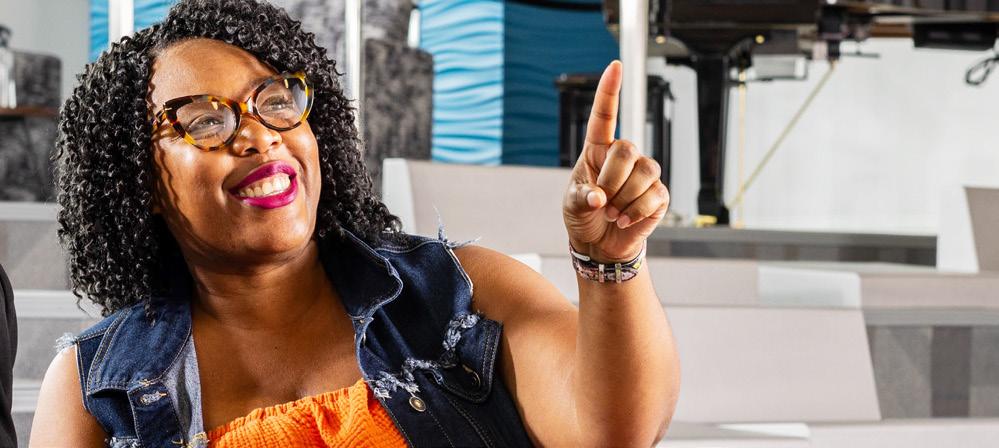
Last June, he became emeritus rabbi of Sinai Temple, where he had been the senior rabbi since 1997. He's now a fellow at Harvard Divinity School. This interview had been edited for length and clarity.
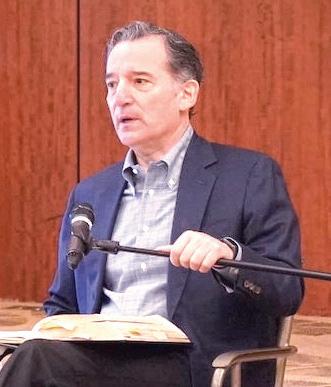
Rabbi David Wolpe
Where do you stand on whether rabbis should be talking politics from the pulpit?
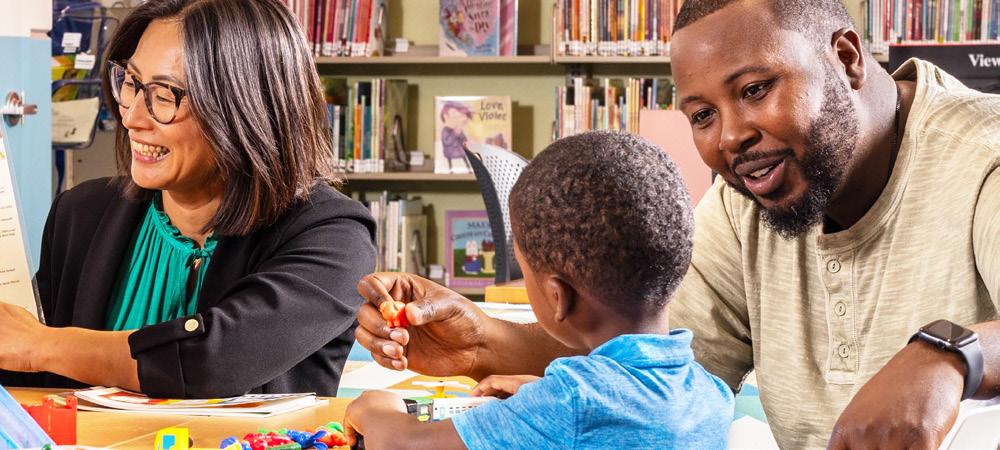
I’m very opposed to rabbis talking politics from the pulpit. First of all, it’s not like I know more about politics than my congregants. So if I talked about gun control, for example, about which I have strong feelings, I’m talking to people who know as much or more about it than I do, who see it differently. And it seems to me it is an illegitimate arrogation of my role as a rabbi to say that “because I see it this way, this is Judaism’s position,” which is generally how it’s framed. I actually gave a class years ago where I took a whole bunch of issues — immigration, abortion, women’s rights — and I gave all the Jewish sources on both sides, just so people should realize that Judaism speaks to both sides of these issues.
I always ask rabbis who speak politically from the pulpit, “If you were not a rabbi, if you were not even Jewish, would your political position be different?” In other words, is your political position mandated by what you understand the Torah to be, even though it’s not your personal position? Or is it just your personal position filtered through the Torah? And almost inevitably, it’s the personal position, filtered through the Torah. That to me is just basically preaching politics with a little Judaic twist. And I don’t think that’s what a rabbi should be doing. If there is one place that can be a refuge
That is the example that people always point to: Heschel. And I say that’s exactly right, because it’s the exception, it’s not the rule. If there is a radical injustice being perpetrated — and I felt, for example, (the denial of) gay marriage was a radical injustice — then you speak up.
But everything becomes a question of radical injustice now, everything, every political issue. Civil rights was a uniquely morally urgent issue, about which I really believe it was right to speak up, but those are few and far between.
And instead what happens is everything gets thrown into the same pot. Minimum wage becomes just as urgent and people will invoke civil rights to argue one way or another on minimum wage and every other issue in the world, and whether you should be a Republican or a Democrat. And the way that they speak about the other part of the country, it’s like, “they’re obviously radically immoral and terrible.” And I don’t think the rabbi should contribute to that discourse, except in the most extreme circumstances, which obviously civil rights was.
You’ve been writing frequently in the journal Sapir about the ethics of dialogue. And in one essay you ask, “How should we respond when someone promulgates a view with which we disagree, or one that we find offensive, repugnant, even dangerous?” So I’ll throw that question back to you. How do we respond?
The first way you respond is you ask the person, “Why do you believe that?” Because you’ll learn much

•
encourage affiliation, involvement and communication.
• To provide announcements, news, opinions and analysis of local, national and international activities and issues affecting Jews and the Jewish community.
• To build community across institutional, organizational and denominational lines.
• To advance causes important to the strength of our Jewish community including support of Federation agencies, its annual campaign, synagogue affiliation, Jewish education and participation in Jewish and general community affairs.
• To provide an historic record of Dayton Jewish life.




PAGE 4 THE DAYTON JEWISH OBSERVER • MAY 2024 OBSERVER THE DAYTON Editor and Publisher Marshall Weiss mweiss@jfgd.net 937-610-1555 Contributors Rabbi Haviva Horvitz Candace R. Kwiatek Advertising Sales Executive Patty Caruso, plhc69@gmail.com Administrative Assistant Samantha Daniel, sdaniel@jfgd.net 937-610-1555 Billing Sheila Myers, smyers@jfgd.net 937-610-1555 Proofreaders Rachel Haug Gilbert, Steven H. Solomon Observer Advisor Martin Gottlieb Published by the Jewish Federation of Greater Dayton Mary Rita Weissman President Dan Sweeny President Elect Marni Flagel Secretary Neil Friedman Treasurer Ben Mazer VP Personnel Teddy Goldenberg VP Resource Dev. Dr. Heath Gilbert Immediate Past Pres. Cathy Gardner CEO The Dayton Jewish Observer, Vol. 28, No. 9. The Dayton Jewish Observer is published monthly by the Jewish Federation of Greater Dayton, a nonprofit corporation, 525 Versailles Dr., Dayton, OH 45459. Views expressed by columnists, in readers’ letters, and in opinion pieces do not necessarily reflect the opinion of staff or layleaders of The Dayton Jewish Observer or the Jewish Federation of Greater Dayton. Acceptance of advertising neither endorses advertisers nor guarantees kashrut.
Dayton Jewish Observer Mission Statement
support, strengthen and champion the Dayton Jewish community by providing a forum and resource for Jewish community
Goals
The
To
interests.
To
Please recycle this newspaper. The Dayton
daytonjewishobserver.org DaytonMetroLibrary.org
Jewish Observer
more and you might discover interesting facts both about the person and about the belief that you didn’t know at first.
I’ve had this discussion many, many times with people who have political beliefs that differ from my own and once you actually interrogate the belief, then you can respond to it. But we’ve become a culture in which the way you respond is by attacking the person.
I also want to say that, in my experience, most of the political diatribes that we hear change nobody’s mind. Instead, they make your team feel good. And the other team doesn’t even listen to you.
What also tends to happen is that if you reach out, your own team gets upset, because you’re just supposed to be supporting them and you’re not supposed to be listening to the other side.
But the Talmud is filled with argument and debate. And the reason you listen to the house of Hillel and not the house of Shammai (two famous antagonists in the Talmud) is because of the way they conducted themselves during the debate. They let Shammai express their opinion first. They listened. They were kind. They were understanding.
So this is a multifaceted question. It’s not just a question of abstract opinion. It’s also a question of the way you bear yourself in the public square.
But I wonder if something’s changed. In public debate, I think there’s a different dialogue when one side is trying to muster facts and good-faith arguments, and the other side responds with straw man arguments and conspiracy theories. I’m wondering when trying to seek an argument for the sake of Heaven falls down because one side isn’t really willing to play by the rules.
First of all, I’ve seen both sides indulge in conspiracy theories and false facts. And while one side may be more egregiously guilty of this than the other, I’m always suspicious of someone who thinks their own side doesn’t do this.
So if you’re willing to fess up and say “we do this” and then you turn to the other person and say, “I see your side doing this,” that’s the beginning of a dialogue. Instead, what I hear is, “My side does facts. Your side does conspiracy.” That’s not going to start a dialogue. So if you’re willing to look at your own shortcomings, then you have the possibility of actually starting a dialogue. But that isn’t what I see. And I don’t want to make this all about the worst actors on (either) side. Because there’s a range and I see that in the people that I talk to.
Are there red lines that Jewish organizations shouldn’t be expected to cross? I would not invite a Holocaust denier to speak to a Jewish organization.
An anti-Zionist?
I wouldn’t invite an anti-Zionist, but if a Jewish organization did, I would not say that they should never have done that. But I would say that they have an obligation to have somebody speak to the other side of that question. Because anti-Zionism to me often shades into antisemitism — they’re not exactly identical, but they’re closer than second cous-
ins. My general predisposition is that the way you combat bad ideas is with good ideas, not by saying those bad ideas can’t be heard, because we know this strategy doesn’t work. All it does is give fuel to the people who have bad ideas (to say) “Oh, you see, you don’t even want to engage with me. That’s because my idea is so dangerous that you can’t stand to hear it.”
I can give you other examples. I wouldn’t invite a Jew for Jesus to speak at a Jewish institution either. I have specific reasons. But it’s tricky, and there is no perfect distinction that you can make. I think we should try to err on the side of being a listener, as opposed to a censor.
I’ll throw out one more example: inviting an Israeli cabinet member who represents anti-democratic tendencies.
If I were in that (institution), I would ask them to have somebody cross-exam ine this person, as opposed to just have them speak, because I think those views are too important to pretend they don’t exist, but they’re also too toxic to not be challenged.
I’m seeing people saying that there are political questions that are moral questions, and if we overdo the idea of trying to learn from the other side, we are conceding a moral, just stance. I hear this all the time. But what you don’t understand is that you hear it from both sides.
That doesn’t mean both sides are right.

2024-2025 SEASON

My brother who’s an ethicist says ethical dilemmas are almost always a choice between two rights, not between a right and a wrong. And in every political question there are usually buried in it two things that are principles that every body agrees with, but just that we favor one principle over another.
So for example, with immigration, the humane treatment of human beings, the right of a country to define its own borders. And we see this in multiple ways. And it’s not so easy to say this is clearly right and this is clearly wrong. And understand I’m not asking you to not take a stand.



The question is how do we conduct public dialogue so it’s not just two peo ple shouting at each other? And believe me, as soon as you say to the other side, “I’m just right and moral and you’re just wrong,” you have just closed down the possibility that you can talk. And if you want to do that, you can, but realize that will just mean that everybody in your camp will agree with you, and everybody in our camp won’t listen to you, and nothing will get done.
People always hear listening as giving up on your own moral position. But it’s not. It’s listening. It’s being able to hear that someone else also has a moral position, even if you disagree with it.
And if you really understand, if you can express the other person’s opinion really well, then I think you’re ready to say, “and this is why I disagree with it.”
But if you’re going to caricature it as just, well, “you’re an immoral jerk," then honestly, you don’t understand what you’re arguing against.



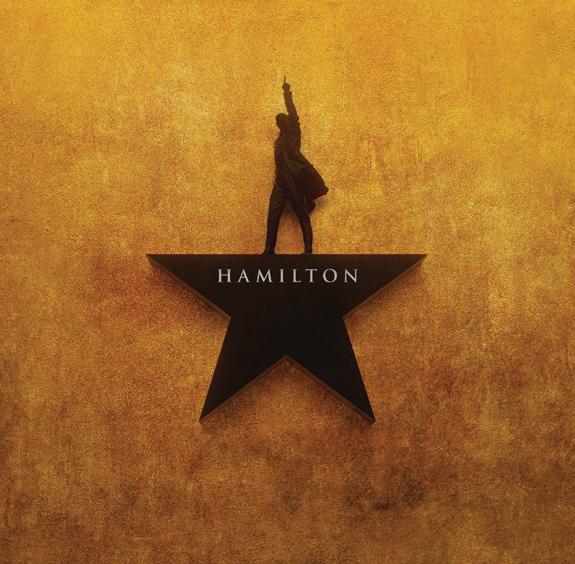



THE DAYTON JEWISH OBSERVER • MAY 2024 PAGE 5
Gerianne Pérez as Catherine of Aragon (center) in The North American Tour Boleyn
Photo by Joan Marcus.
Roman Banks as 'MJ' and the cast of the MJ First National Tour.
Photo by Matthew Murphy, MurphyMade.
GET YOUR SEASON TICKETS NOW AT DAYTONLIVE.ORG ai1712158736147_DL-JewishObsvr_Ad_2425Season PR.pdf 1 4/3/24 11:39 AM
Warren Egypt Franklin, Desmond Sean Ellington, Elijah Malcomb, Pierre Jean Gonzalez HAMILTON © Joan Marcus 2021.
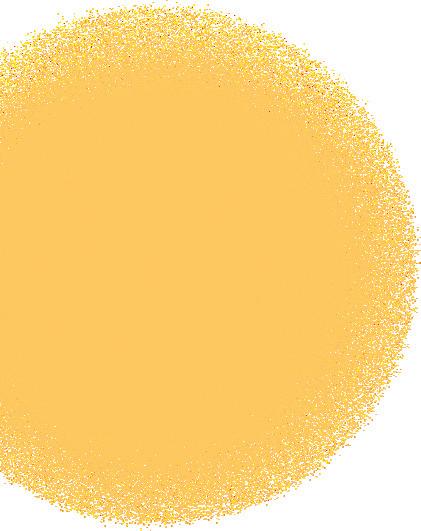





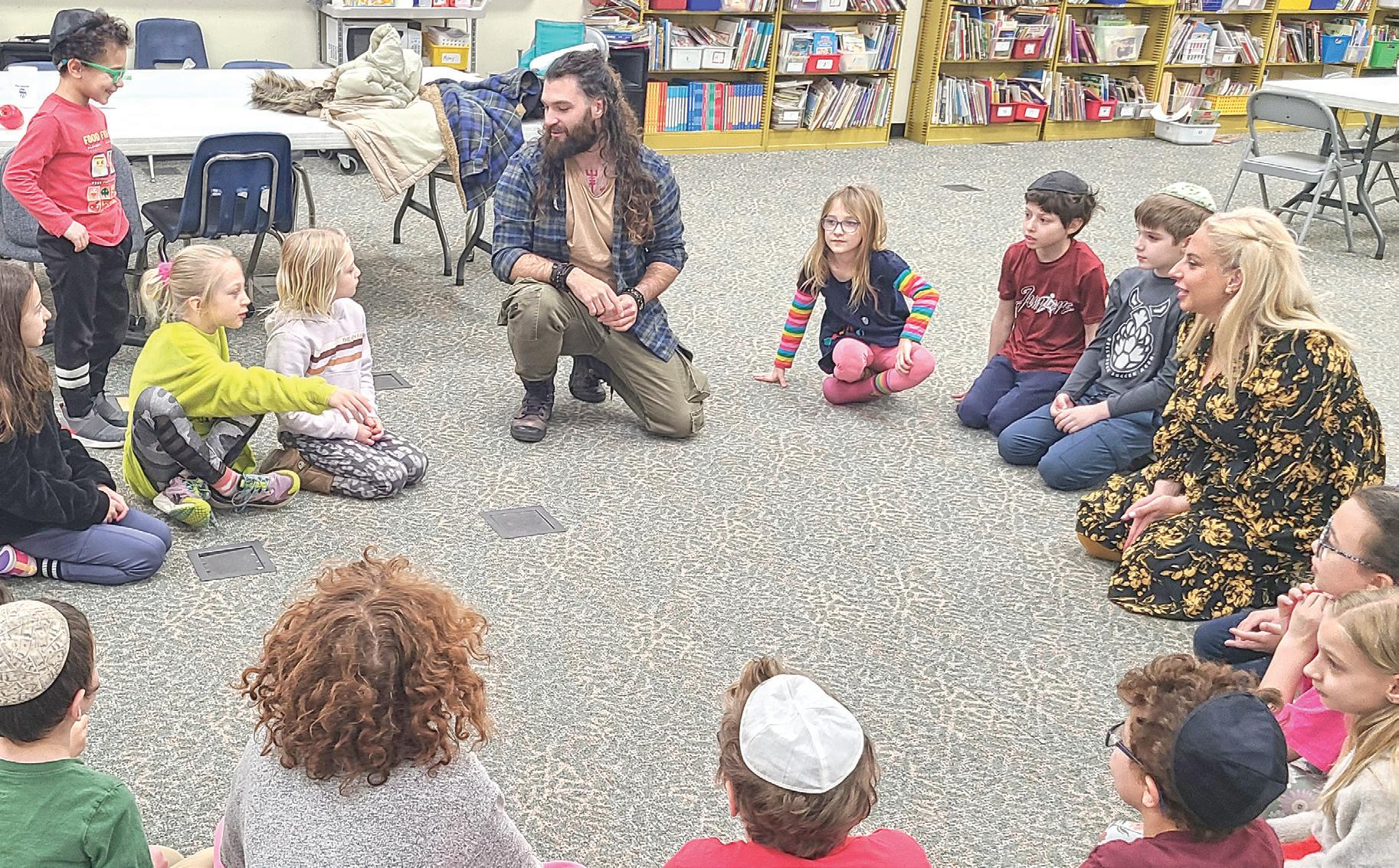
For
of Oct. 7, speaking tour in U.S. becomes form of therapy
By Marshall Weiss
Observer
For an hour on March 19, four Israelis shared their stories with members of Dayton's Jewish community and allies about how each survived the Oct. 7 Hamas massacre.
Halfway through the program, moderated by Jewish Federation President-Elect Dan Sweeny, Eitan Frankl of Kibbutz Nirim shared with the audience, "The fact that you're listening to us — you don't know how important it is. It really helps. Because this is therapy. The best therapy we have."
He said he didn't talk about the horrors of Oct. 7 for five months.
"We all talked about it with
some of our friends, but not like this. Nobody listened to us like that. So thank you."
Dayton's program marked the third time Frankl and the other Israelis had talked about their traumas of Oct. 7 on this one-week speaking tour of the United States via the Jewish Agency for Israel and the JCC Association of North America.
They had already visited Youngstown and would next head to Toledo and then to communities in New Jersey.
"It's not the Jews of the Diaspora anymore," said Klil Valiano, who credited luck for his eventual escape from the Nova Festival "It's our family from abroad, especially for us, the Jewish people in Israel. Everyone always accepts us

with big hugs and warm feelings. It feels like home outside of Israel. In a different country, you can relax."
Inor Roni Kagno was the Nova Festival's official photographer. This was where Hamas brutally slaughtered 364 civilians and took at least 40 hostages.
Kagno said his visit to the United States was his personal way of dealing with PTSD.
"It's very important to keep doing stuff and be productive," Kagno said. "We're still very traumatized. We hear a big noise or even the kids, you kind of jump out. You go in a room and start calculating how many exits if someone will start shooting at us."
Gitit Botera from Sderot said when she heard a tornado siren in the Dayton area, it set her off. "I wanted to come here because on 7 October, the terrorists raped a lot of the women. And men," Botera told The Observer. "And I want to speak about this. Because we have a lot of murdered women who will never speak again. This is, I think, my mission."
For Botera and Frankl, arranging with their families to take a week in the United States wasn't easy. But they needed to for their emotional health.
In 2021, Botera, her husband, and their baby daughter survived a direct rocket hit to their home in Sderot on the border with Gaza.
"After this, I started to go to therapy," she said. "And I said to myself, 'Now I have control. It will not touch me again.'"
On Oct. 7, 2023, the three hid

DAYTON Illustration by Matt Saunders MAY 28 - JUNE 2 ★★★★★ “Truly a cultural phenomenon.” – The Sunday Express “Beautiful, Inventive and Uplifting” – Variety MEDIA SPONSOR CO-PRE SENT ED WITH DL-Kite_Runner_JewishObs.indd 1 3/25/24 3:36 PM ewish Owned J Contact Patty Caruso at plhc69@gmail.com to advertise in The Observer.
Meryl Hattenbach
Nova Festival photographer Inor Roni Kagno and Sderot resident Gitit Botera play with students at Hillel Academy of Greater Dayton Jewish day school, March 20.
Israeli survivors
The
in their safe room for nine hours, surrounded by terrorists from Gaza.
"I think some people are trying to open my house door," she recalled. "After this, I come to the kitchen. I take a knife. I come back to the shelter. This time, we don't have a (cell) connection. We don't have water, toilet. Nothing. We sit on the floor, without light. And we hear they are shooting outside."
The whole time, she said, her 4-yearold daughter asked her, "Mommy, what's happened?"
"And I said, 'Please don't speak. Somebody can hear you.' And I take my hand and I close her mouth. My heart is racing. I feel I'm not a good mommy because I cannot protect my family. On 7 October, somebody came and tried to murder me in my place. In my house. My resilience broke."
Even so, she returned to Sderot to give tours to visiting delegations. "It's good for me to speak about this."
Frankl and his wife first hid in the safe room of their house at Kibbutz Nirim when the Hamas onslaught began. The IDF arrived and rescued them to hide in the kibbutz community hall, where they remained for 20 more hours with 400 people.
When the opportunity came up for Frankl to come to the United States, he talked to his wife.
"I have to go away," he told her. "I can't be around this anymore. I need to
be a week out, even if it's only talking about what happened — it's not being here."
"It's really, really helped me," he told The Observer. "I'm much better than I felt in Israel."
Valiano said that talking about Oct. 7 here helps.
"Each time we get a chance to talk about our story, we get it from a bit of a different angle."
It comes with a toll. "If you talk about it three times a day, we add a few little details and a couple of memories might jump back."
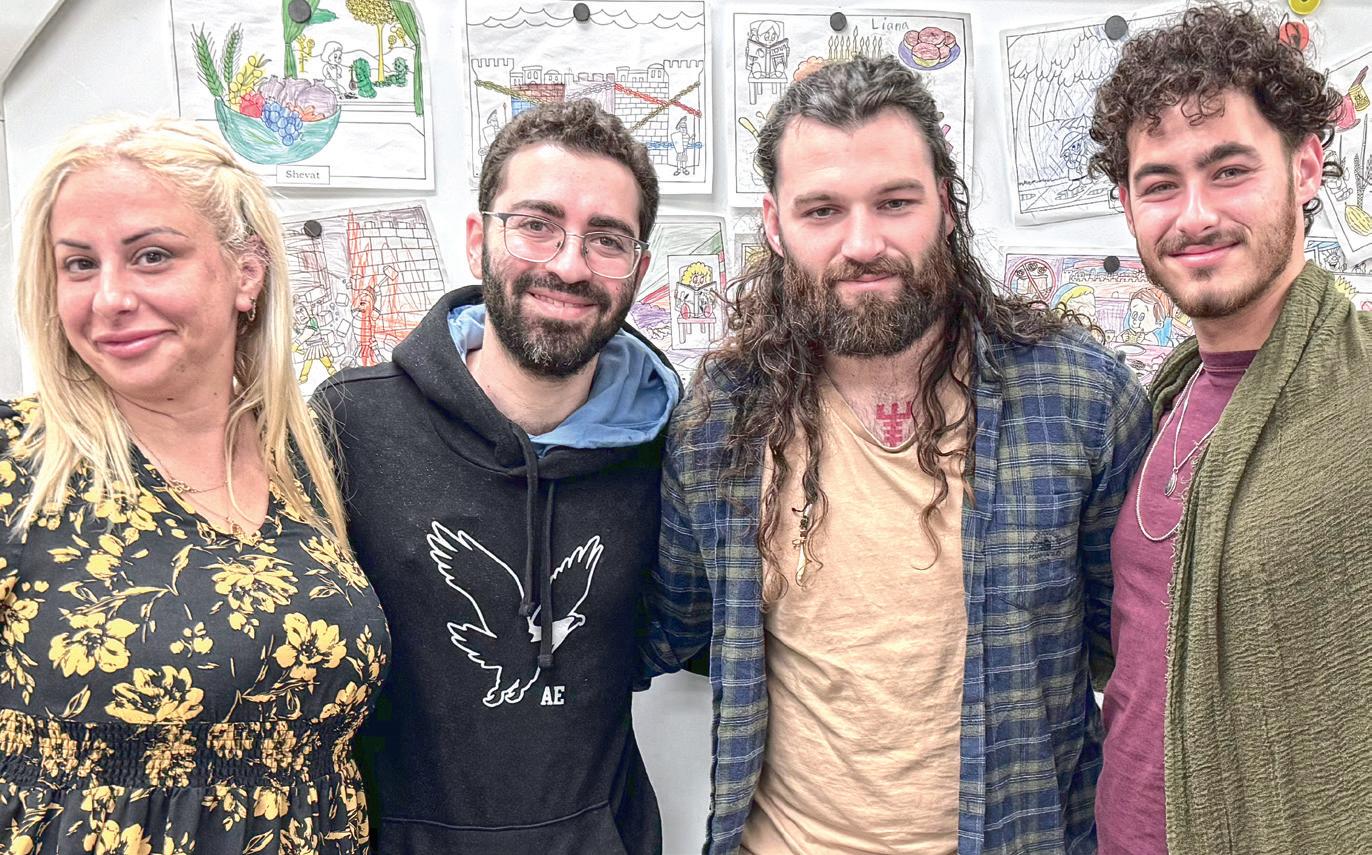
alism.
To Valiano, the most therapeutic aspect of the tour has been the embrace of the U.S. Jewish communities.
However, the Israelis told The Observer they navigated a difficult encounter when they spoke at Youngstown State University, April 18.
Near the beginning of a program put together by the university's Center for Judaic and Holocaust Studies, three people who identified themselves as students walked in wearing keffiyeh scarves, a symbol of Palestinian nation-
WE HANDLE THE DETAILS
"They waited for us to start talking to enter the room," Valiano said. "I asked them from the stage, 'Hey guys, how are you doing?'" Frankl said. "'Could I ask you why you came here?' They said they have the right to be there. And they were giggling all the time. And they just came to provoke. When we come, we want to be listened to, and to listen to other people. But when they came, they came just to speak what they wanted to say and walk away."
Frankl said that one of the three
For more than 75 years, Bethany Village has set the standard for excellence in retirement living in the greater Dayton area. Explore what our award-winning campus has to offer:
• Fine cuisine in tasteful settings
• Casual and delicious bistro dining
• Fresh, fun and engaging social calendar
• An energizing and stabilizing tness program
• Quiet moments to explore our park-like setting
• Caring & skilled staff
asked him if he thinks there's genocide in Gaza.
"We are not in politics," Frankl told The Observer. "We did nothing. We came to share our stories. We didn't come to speak about the Gaza problem. They did that and walked away."
When asked what Jews here can do to best help Israelis, Frankl said to keep inviting Israelis here and to visit Israel. With a caveat: "Come and see what can happen when we're divided."
Valiano added an explanation. "Oct. 7 brought us (Israelis) closer, yet we still have years of difference of opinion. Differences of ways of life. We have to rebuild. It won't be easy. But it's the only way for Israel to survive."
He urged adults in Dayton's Jewish community to share the stories they've heard with the younger generation. "Because the younger generation is going to be the future. Connecting them more to Israel and the Jewish tradition is the most important thing we can do as the Jewish people all around the world."


THE DAYTON JEWISH OBSERVER • MAY 2024 PAGE 7
Live Well. Enjoy More At Bethany Village. (937) 433-2110 BethanyLutheranVillage.org Schedule your personal consultation with Dana today.
DAYTON
(L to R) Gitit Botera, Eitan Frankl, Inor Roni Kagno, and Klil Valiano Marshall Weiss



DAYTON
Survivor Robert Kahn dies at 100
Not only did Holocaust survivor Robert Kahn make it to 100 in September, into the last year of his life he continued to share his testimony in public and classroom settings — standing up when speaking — and was present at Jewish War Veterans events as one of the few remaining World War II veterans in the Dayton area.
Kahn died peacefully, surrounded by his family, at Hospice of Dayton on April 2.
A pacifist at heart, Kahn dedicated much of his life in Dayton to nurturing interfaith relations in Scouting, and in his later years, to imparting the lessons of the Holocaust for all who wanted to listen.
More than a generation of area schoolchildren knew him as the boy the Nazis forced to play the violin on Kristallnacht in Mannheim, Germany while they beat his father with clubs, ransacked the family’s apartment, and burned their possessions.
He, his parents, and sister ultimately managed to escape. Eighteen members of their family did not.
A reluctant speaker
“I’ve made an effort throughout my life, especially with the family — my wife, Gertrude, my children, my grandchildren — to talk as little about it as I could,” he said in a 2017 interview with The Observer
But his children and grandchildren kept asking him for
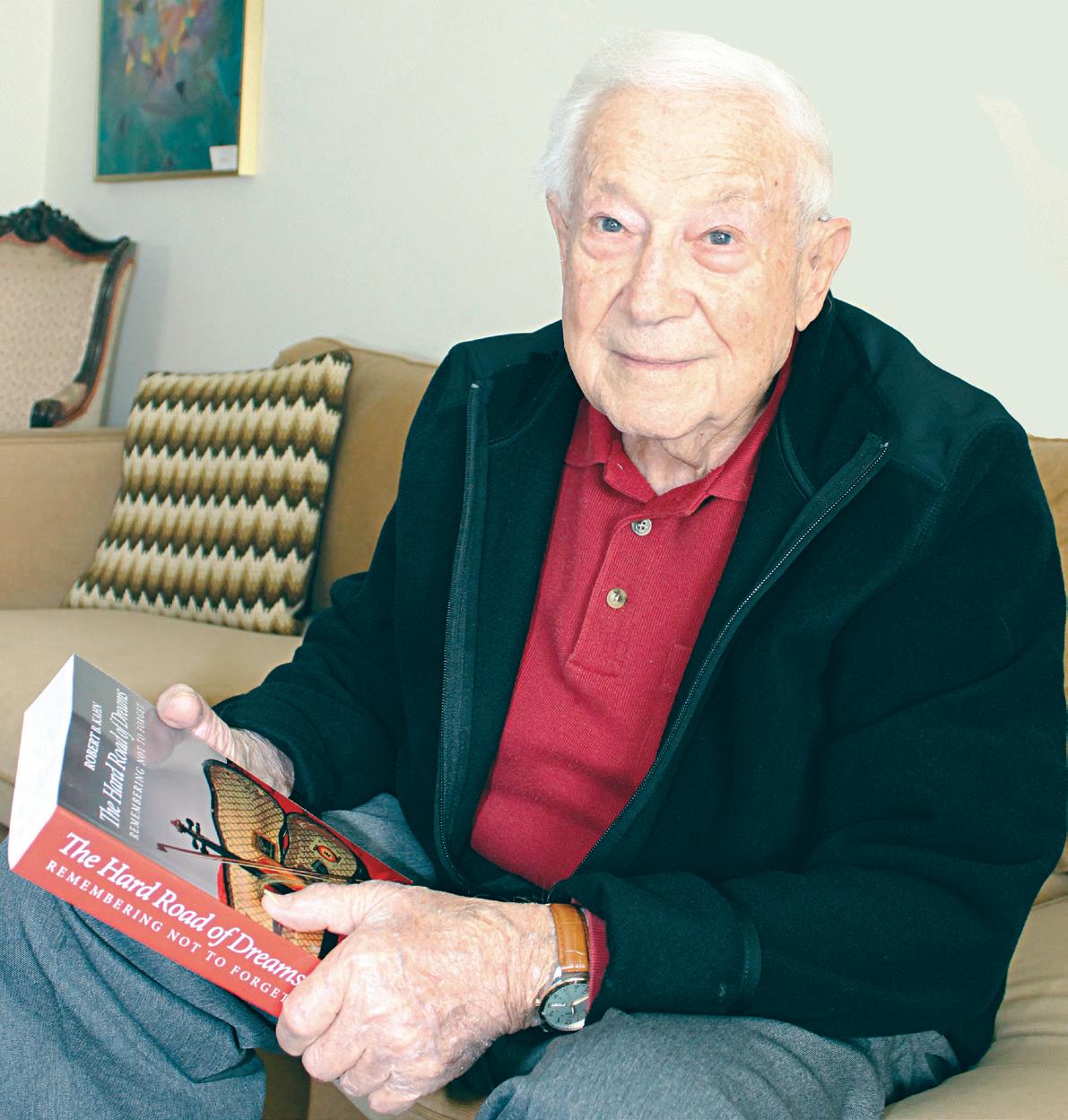
details. That was when he began to write his autobiography. And through it, to try to process his traumas.
Kahn would conduct meticulous research on his 18 family members who were murdered in the Holocaust.
“It was very important to me that I find out as much as I could about them, at least in their final hours,” he said. “Otherwise, their names would be
lost, their lives would not be remembered, and my children and grandchildren would never know about it.”
'When you talk about it, it comes back to life.'
It wasn’t until Kahn reached his 60s that he began giving talks about the Holocaust. Each talk opened an emotional wound. But he felt obligated to do so.
“When you talk about it, it comes back to life.”

The impetus to find his voice had arrived in a package. The caretaker of the house where he used to live in Mannheim sent him the violin from his youth; it had been hidden in the house all those years.
That violin, which Kahn was forced to play on Kristallnacht, is on display with the Prejudice and Memory Holocaust exhibit at the National Museum of the U.S. Air Force.
Next to it is the accordion his wife took with her as a child when she was rescued from Nazi Germany on a Kindertransport to England.
Kahn spoke to thousands of middle and high school students when their classes visited the exhibit, and at their schools.
But it wasn’t until he reached the age of 93 that he
PAGE 8 THE DAYTON JEWISH OBSERVER • MAY 2024
Marshall Weiss
Robert Kahn wrote his autobiography over 27 years.
Paperclip
Operation
26 Family Fun, Historical Demonstrations & Live Music! at Carillon Historical Park 12:00pm - 8:30pm Admission: $14 per Adult (18-59), $12 per Senior (60+), $10 per Child (3-17), Military Admission: $10 for All Active Military, Retirees, Veterans, & Reservists with valid I.D. FREE to Dayton History Members & Children 2 & Under! FREE PARKING! 2 0 2 4 1000 Carillon Boulevard | Dayton, OH 45409 | www.daytonhistory.org | 937-293-2841 HERITAGE DAY WITH THE DAYTON PHILHARMONIC
MAY
shared another story of his encounter with Nazis. This, he related with the completion and publication of his autobiography, The Hard Road of Dreams: Remembering Not To Forget. Kahn had worked on it for 27 years.
In The Hard Road of Dreams, he revealed that after his service in the U.S. Army Air Forces in the Pacific, Kahn came to Wright Field in 1946 to work for Operation Paper Clip — the U.S. intelligence and military program that brought German scientists to work for the U.S. government at the end of World War II.
“It was top secret. It had to do with German scientists that were brought over for picking their brains in regard to what they were doing. My job was to interrogate some of them,” he told The Observer
Of the more than 1,600 German scientists brought to work for the U.S. government through Operation Paper Clip, 86 aeronautical engineers were sent to Wright Field.
“I hated those guys, and it was kind of difficult to work with them and not show my dislike for them and the work that they did,” he said. “I found out much about the scientific experiments they had performed using human beings as test vehicles. And these test vehicles were, in most cases, Jews.”
The German scientists didn’t talk to Kahn about those experiments; he read about them in the captured documents that
DAYTON









BETH JACOB CONGREGATION 4TH ANNUAL
were available to him.
He said their experiments in Nazi Europe were carried out to determine the ability of pilots to withstand extreme conditions such as hypothermia and submersion in water.
“Many of the test subjects never made it through the experiments,” Kahn recalled.
After two years, and with most of the scientists sent to other locations, Kahn transferred to work on the base in procurement and resources. He retired from Wright-Patt in 1985.
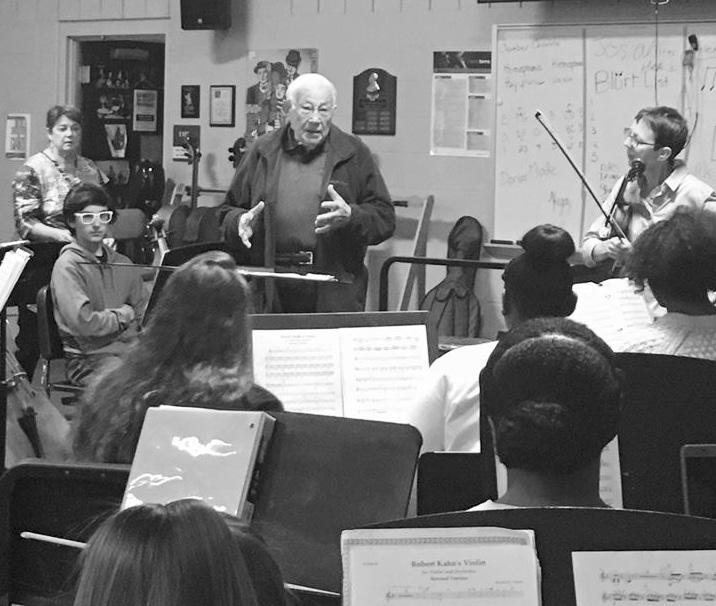
Remembrance in music
Kahn’s violin inspired one composer to write a work for symphony orchestra and violin soloist.
Niccolo Athens, who now teaches composition at the Juilliard School’s Tianjin, China branch, was so moved when he saw Kahn’s violin at the Air Force Museum that he wrote the piece Bob Kahn’s Violin
It had its world premiere in Dayton, with the Stivers School for the Arts Philharmonic Orchestra and Dayton Philharmonic Orchestra violinist Betsey Hofeldt on Nov. 8, 2017 — 79 years after Kristallnacht. Gertrude and Robert Kahn were married for 75 years when she died in 2021. He then focused on another Holocaust project. Kahn and one of his granddaughters sponsored and obtained approval for Stolpersteine — memorial plaques paved at the last address of Holocaust victims — to be placed in Mannheim for friends of his family from his youth.
He and his granddaughter also began the process to place 18 Stolpersteine in cities across Europe in memory of their family members who perished at the hands of the Nazis.
“Because I survived their fate, I made an oath that I would devote my life to sharing with the world how and what happened during the Shoah,” he explained.
— Marshall Weiss
JEWISH WOMEN INSPIRING JEWISH WOMEN
SUNDAY, May 19, 2024
11:00 AM - 1:00 PM
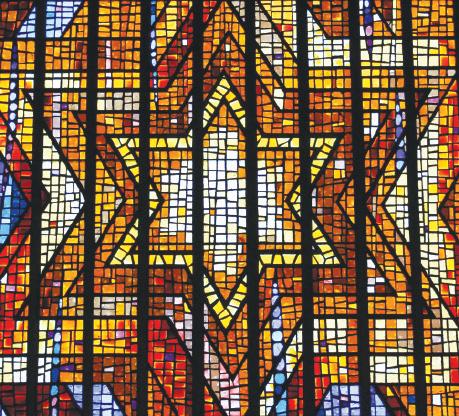
OPEN TO THE ENTIRE COMMUNITY
Please join us as we hear words of empowerment, strength and courage as women from around our community share stories about those who have impacted their lives and what it means to be part of the Jewish people.
Please RSVP by May 10th
Beth Jacob Synagogue 7020 N. Main Street Dayton, OH 45415 937-274-2149 bethjacob1@aol.com
SPEAKERS
LELA KLEIN
Co-Founder & Co-Executive Director, Co-Op Dayton
Temple Israel
MARTHA MOODY JACOBS
Retired Internist/Novelist
Temple Beth Or & Beth Abraham
CANDACE R. KWIATEK
Lifelong Educator
Etz Chaim Cincinnati & Chabad of Greater Dayton
GAYLE PAVLOFSKY
HR/Compensation Professional
Temple Beth Shalom New Albany, Beth Jacob Family
JUDITH E. WOLL, M.D.
Retired Physician/Executive & Volunteer
Beth Abraham
LIZ MULER ZUKER
Retired Lawyer Northern Hills Synagogue Cincinnati, Beth Jacob Family
DINE & CELEBRATE
Share in sisterhood as we enjoy a wonderful luncheon to pair with the incredible voices of our community.
Lunch - $22.00
THE DAYTON JEWISH OBSERVER • MAY 2024 PAGE 9
advertise in The Observer.
Contact Patty Caruso at plhc69@gmail.com to
Robert Kahn talks with members of the Stivers Philharmonic Orchestra at a rehearsal for the premiere of Niccolo Athens’ work, Bob Kahn’s Violin, which the orchestra premiered Nov. 8, 2017 at Stivers' auditorium. The soloist for the concert was Dayton Philharmonic Orchestra violinist Betsey Hofeldt (R).
Peter Wine
On display at Prejudice & Memory: A Holocaust Exhibit at the National Museum of the U.S. Air Force are the accordion that belonged to late survivor Gertrude Wolff Kahn and the violin her husband, the late Robert Kahn, was forced to play as a boy on Kristallnacht as Nazis beat his father.
Marshall Weiss
S. Main Street
Custom, New, and Estate Quality repair on site
43
Centerville, Ohio 45458 • 937-433-9598
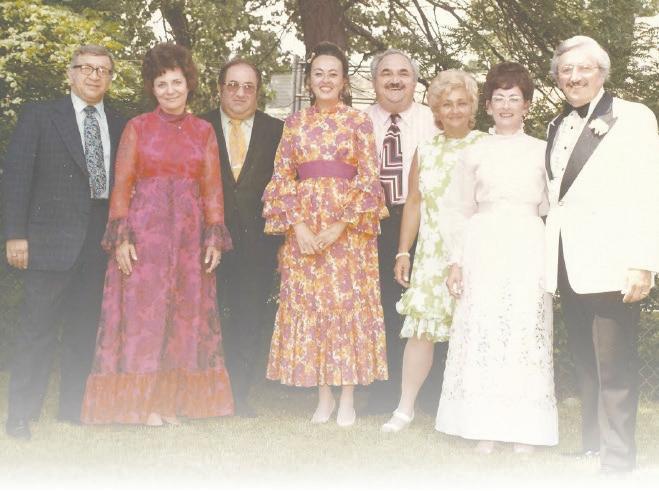
‘ e cemetery is where I feel tied to my family.’
Purim, Dayton style

— Erv Pavlofsky
With generations of his family buried at Beth Jacob’s cemetery, Erv Pavlofsky feels a strong connection to the place that holds his family’s history. “It’s more than just my parents. I look around and see my grandparents, aunts, uncles and cousins. I’m never sad when I’m there. It’s a very respectful place.”
A er a recent visit to the cemetery, Erv noted that being surrounded by multiple generations of relatives is a reminder of how he will always be connected to Dayton. “Even though I’m no longer living in Dayton, it’s always important that I take the time to visit the cemetery. As I’ve gotten older, it’s taken on a more signi cant meaning in my life. It’s my connection to where I’m from. is is where my family is.”
Erv contributed to the Jewish Cemeteries of Greater Dayton campaign to secure an everlasting future for the generations that came before him. “I can’t expect anyone else to care for my family. It’s my responsibility. I look around at all the family names and I’m lled with good memories. It’s simply comforting to be with them.”
Please join us as we strive to maintain the sanctity, care and integrity of these sacred burial grounds.
Jewish Cemeteries of Greater Dayton is an endowment organization created to maintain our three Jewish cemeteries in perpetuity. Please join us as we strive to maintain the sanctity, care, and integrity of these sacred burial grounds.
Preserving our Past Ensuring Our Future


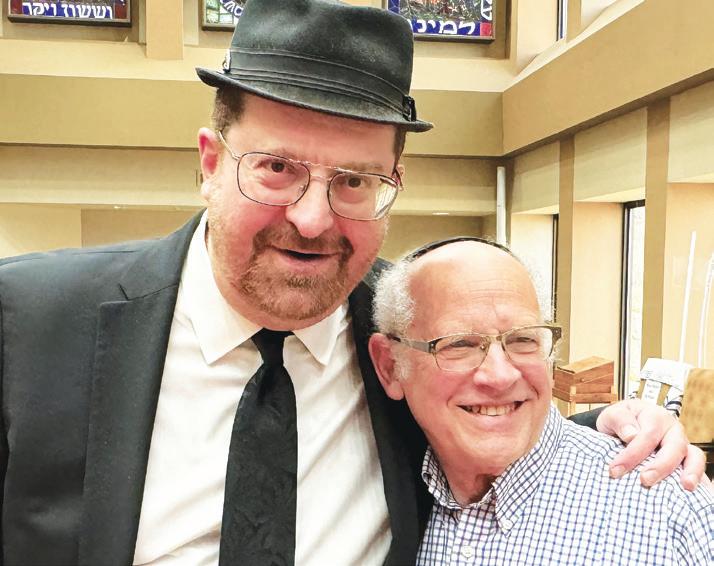
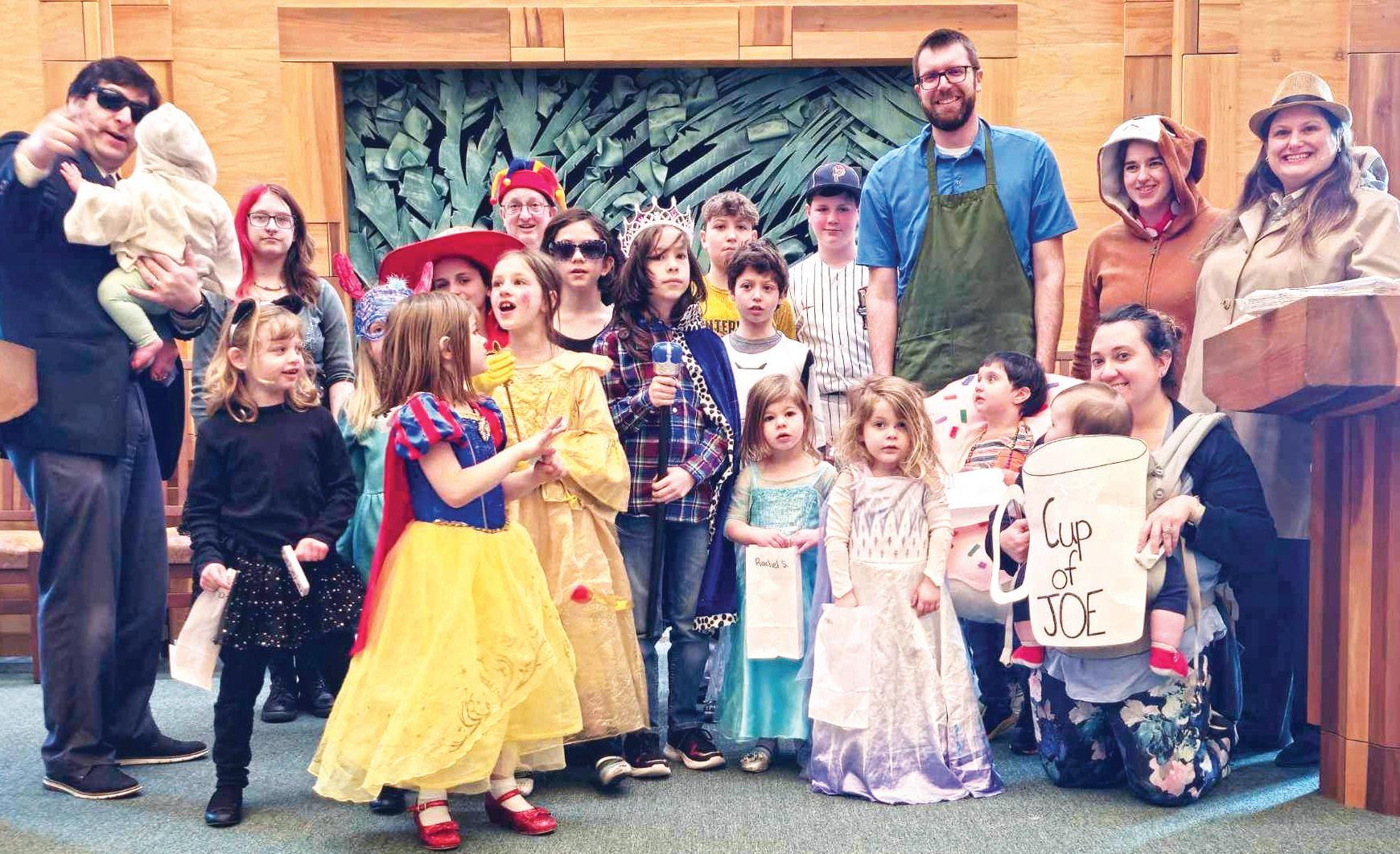
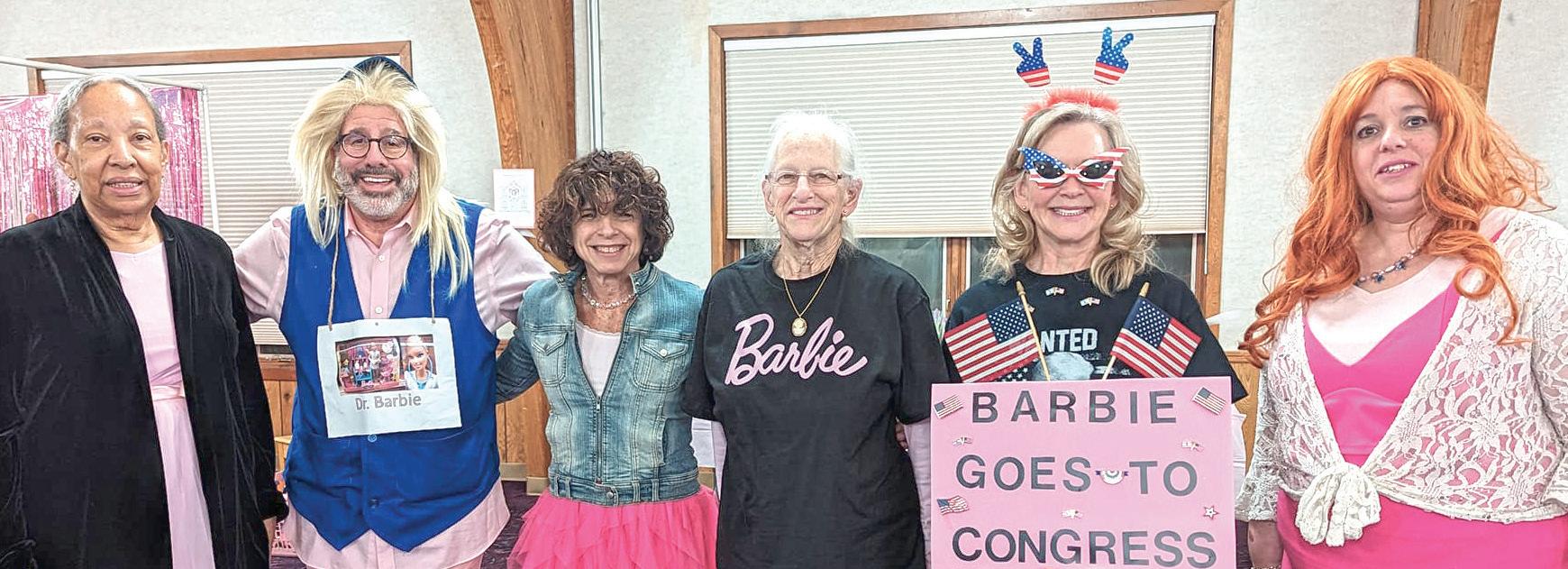
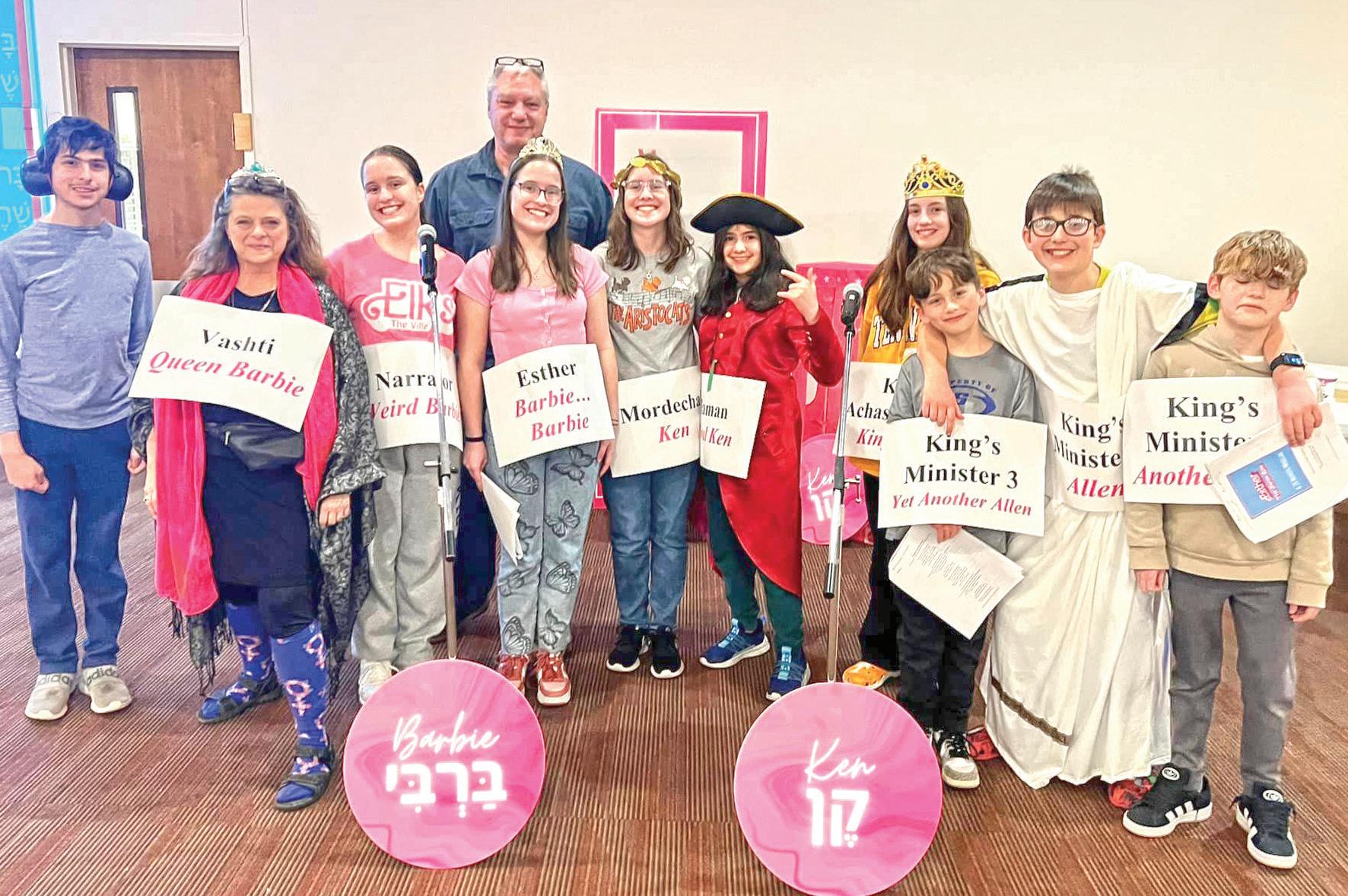
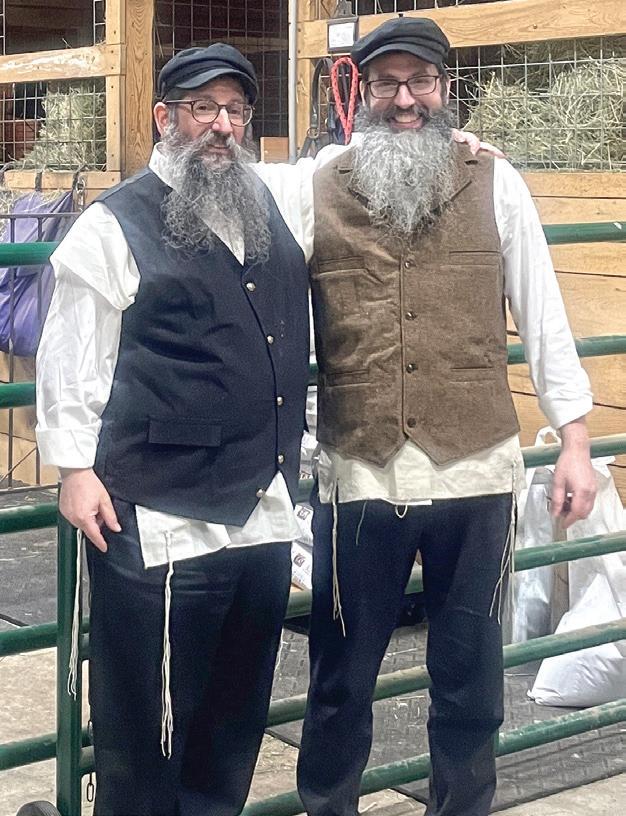
PAGE 10 THE DAYTON JEWISH OBSERVER • MAY 2024 525 Versailles Drive • Centerville, OH 45459
daytonjewishcemeteries.org
Left: The cast of Beth Abraham's shpiel, Purim at the Esty Awards.
Above: Rabbi Aubrey Glazer welcomes noted Israeli artist David Moss back to his hometown before Moss talks about his Purim project with folk artists from around the world.
Temple Israel shpielers put on Purim Confidential: Operation Megillah Mischief. The congregation also presented an adult Purim party the night before.
Barbie went to Shushan at Beth Jacob Congregation's Purim celebration this year.
Temple Beth Or was also in the pink with its Barbie-themed Purim shpiel. The temple also hosted a Purim party and Megillah reading for adults.
Chabad's Purim in the Shtetl featuring shitck by Rabbi Nochum Mangel (L) and Rabbi Levi Simon and music from the Flying Klezmerians was held at a private farm in Brookville.
Beth Jacob Women Inspiring Women

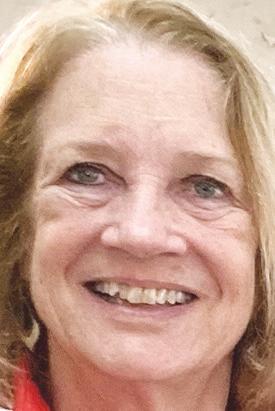
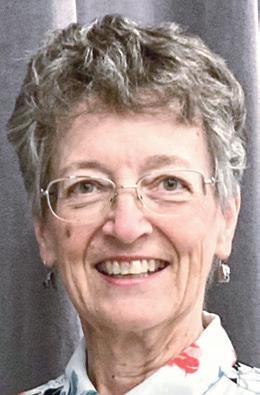
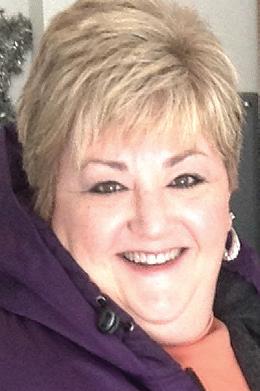
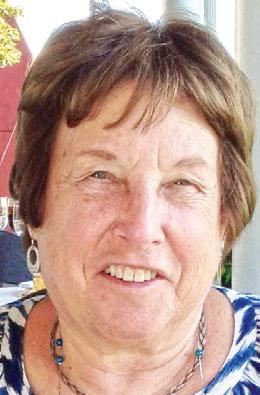
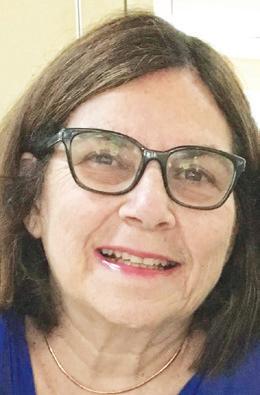
Beth Jacob Congregation's Fourth Annual Jewish Women Inspiring Jewish Women luncheon will be held at 11 a.m., Sunday, May 19. This year's speakers are Lela Klein, Martha Moody Jacobs, Candace R. Kwiatek, Gayle Pavlofsky, Dr. Judith E. Woll, and Liz Muler Zuker. The cost is $22. Beth Jacob is located at 7020 N. Main St., Harrison Township. RSVP by May 10 to bethjacob1@aol.com or 937-274-2149.
Meal by Western Galilee chef for Israel at 76 DAYTON Righteous gentiles focus of Yom Hashoah program
Celebrated Israeli chef Uri Arnon, owner of Arnold's restaurant at Moshav Netiv Hashayara, and Roots restaurant in Akko, will prepare the kosher dinner for the Celebrate Israel at 76 community program, Tuesday, May 14, 6-7:30 p.m. at the Boonshoft Center for Jewish Culture and Education, 525 Versailles Dr., Centerville.
A native of Tel Aviv, Arnon is a champion of multicultural food initiatives. He's also the founder of Umami, a consulting company to promote culinary tourism and lifestyle businesses mostly in the Western Galilee and northern Israel. Through the Jewish Agency's Partnership2Gether program, Dayton and more than a dozen Jewish communities in the central United States are connected to Israel's Western Galilee region.
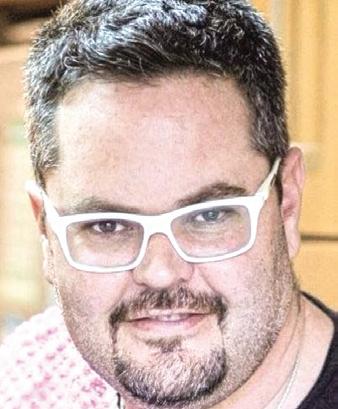
Dinner will begin at 6 p.m. (doors open at 5:45 p.m.). Arnon will talk about the Western Galilee's food culture at 6:45 p.m., followed by two other guests from Israel who will talk about the situation there. A dessert activity for children will also be held at 6:45 p.m. During the evening, the Yom Hashoah Committee will dedicate the new Holocaust Memorial Daffodil Garden on the campus.
The JCC presents the dinner in partnership with Beth Abraham Synagogue, Beth Jacob Congregation, Dayton Hadassah, Hillel Academy, Jewish War Veterans Post #587, PJ Library, Temple Beth Or, and Temple Israel. The cost is $10 per person, $18 per family. Reservations are required by May 10 at jewishdayton.org/events.
One Person Can Make a Difference: Righteous Among the Nations is the theme of this year's Greater Dayton Yom Hashoah Remembrance, with programs for children, teens, and adults on Sunday afternoon, May 5 at Beth Jacob Congregation, 7020 N. Main St., Harrison Township.
Second-generation survivor Charlotte Golden and other children of survivors will facilitate a dialogue with teenagers, If You Don't Ask, You'll Never Know Why, from 3:15 to 3:45 p.m. All area teenagers are invited to participate.

Marilou Brewster, whose parents rescued Jews in the Holocaust, will be the guest speaker for the 4 p.m. Yom Hashoah memorial service. After World War II, the family moved to the Dayton area. Brewster was a German teacher at Centerville High School and served as a docent at the National Museum of the U.S. Air Force. Electric violinist Noah Gruenberg, a third-generation survivor, will perform at the service. Winners of this year's Max and Lydia May Holocaust Art and Writing Contests will also be recognized on the program.
Concurrent with the service, PJ Library and PJ Our Way will host a session for young children, How to be a Mensch, with a story, craft, and snack. Max and Lydia May Holocaust Art and Writing Contest entries will be on display in Beth Jacob's social hall between 3:15 and 4 p.m. and after the service. RSVP for all events with Samantha Daniel, sdaniel@jfgd.net, 937-610-1555.

AFTER
76 YEARS,
WE’RE
STILL FIGHTING FOR A JEWISH STATE.
In 1948, as Israel fought for its independence, the medics of Magen David Adom were there, treating wounded soldiers and civilians alike. Today, as Israel celebrates Yom HaAtzma’ut, MDA is still treating the injured — even under fire.
But for MDA to continue being there for Israel, we need to be there for MDA. Make a donation at afmda.org/give.
THE DAYTON JEWISH OBSERVER • MAY 2024 PAGE 11
Lela Klein Martha Moody Jacobs Candace R. Kwiatek
Liz Muler Zuker
Gayle Pavlofsky Dr. Judith E. Woll
Chef Uri Arnon
Marilou Brewster
Answering Tough Questions about Israel
Temple Beth Or, Levin Hall, Sunday, May 19, 2024. 10 am – 12 pm

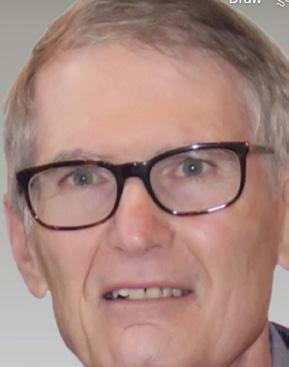
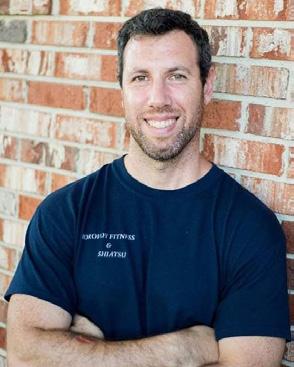
Half a year after the October 7 attack on Israel, we have been challenged with difficult questions and moral dilemmas. A biased media, fluctuations in US policy, and world-wide increasing antisemitism leave us with few places to find moral clarity.
To help us navigate our way, Richard Friedman, Ehud Borovoy, and Rabbi Judy Chessin will lead a discussion on how to respond to our colleagues, classmates, children, and social media critics with regard to Israel’s five- front war since the catastrophic October 7 Hamas attack on Israel.
Join us on Sunday, May 19, at 10:00 am in Levin Hall for a Zoom and live discussion, including coffee, bagels, and light Israeli snacks. This program is for teens, adults, Jews and non-Jews and anyone interested in discussing this timely troubling topic.
For more information and to RSVP, please visit our website or call the office at 937-435-3400.
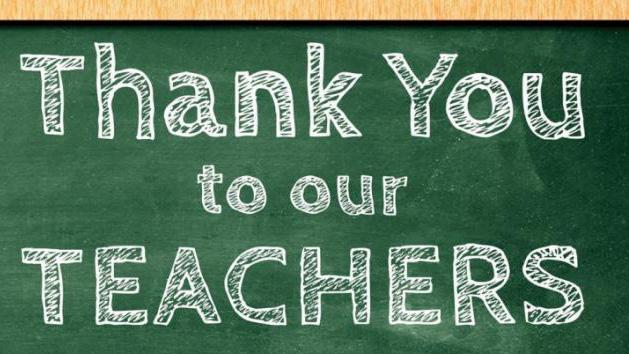

Scott Beckerman
Deb Char
Jude Cohen
Rachel Dillon
Alicia Ostrow
Renee Peery
Mary Rogers
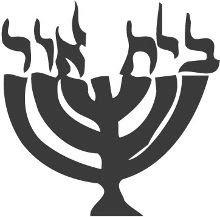
JCC play space in Audrey's memory
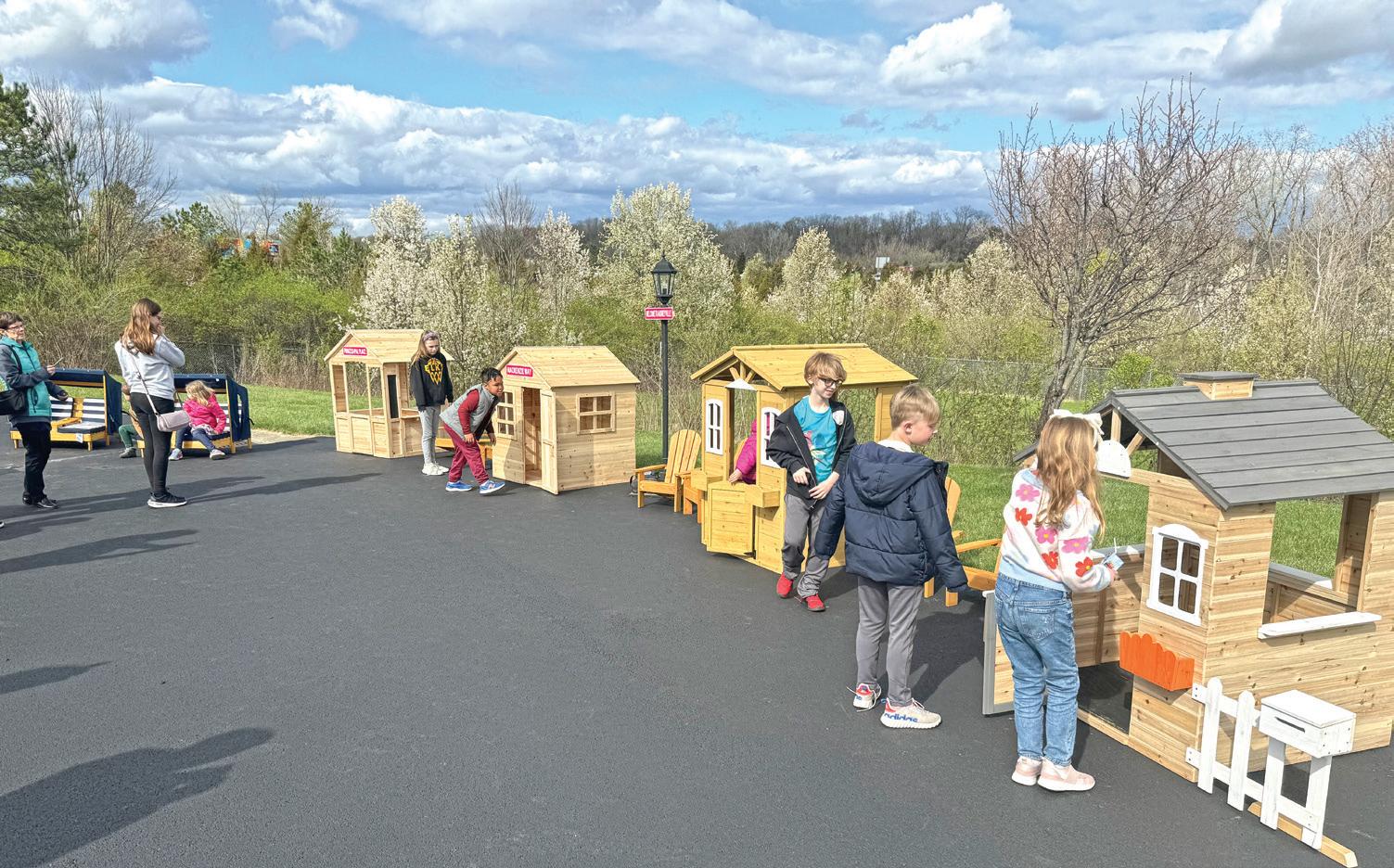
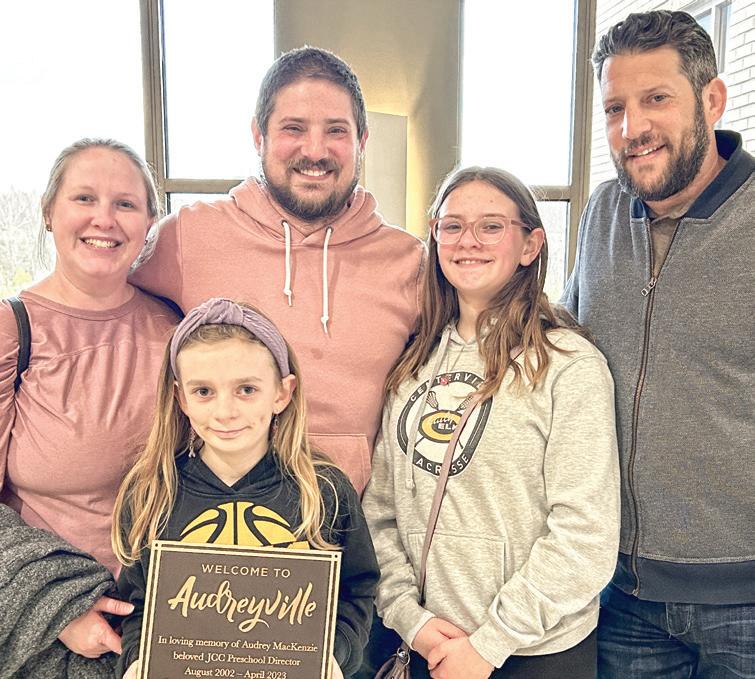
The JCC Early Childhood Program at the Boonshoft Center for Jewish Culture & Education in Centerville dedicated Audreyville, a new outdoor play space, April 5, in memory of Audrey MacKenzie, the JCC's longtime early childhood director, who died last year on that date. Special guests at the dedication were MacKenzie family members (L to R): Cassia, Isabella, Christopher, Madelyn, and David.
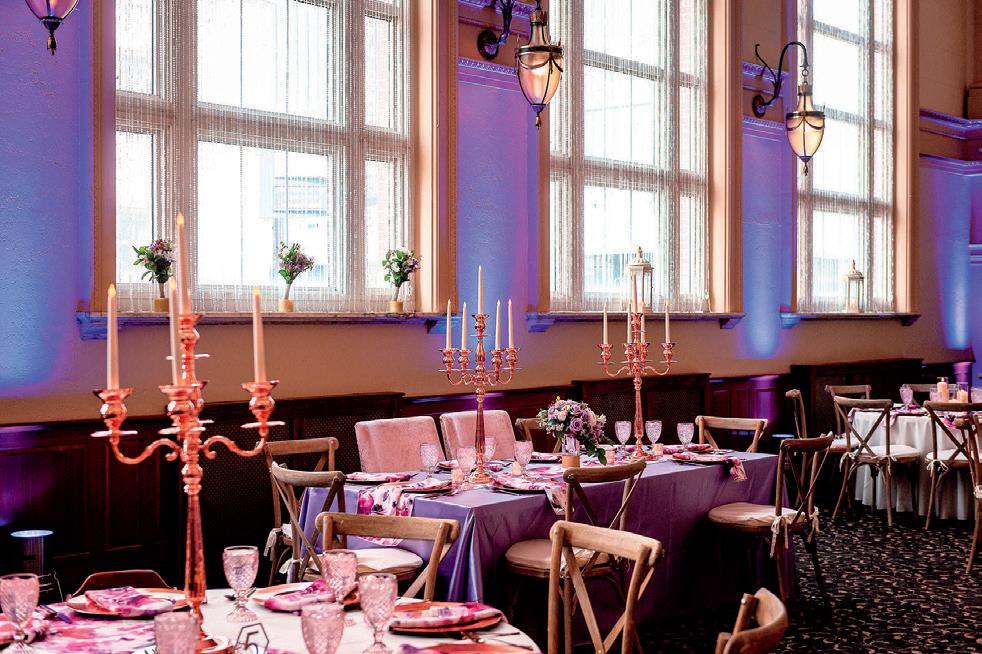
Esther Weiss
Jay Weiss
Evan Weiss
Sarah White
Rabbi Ben Azriel
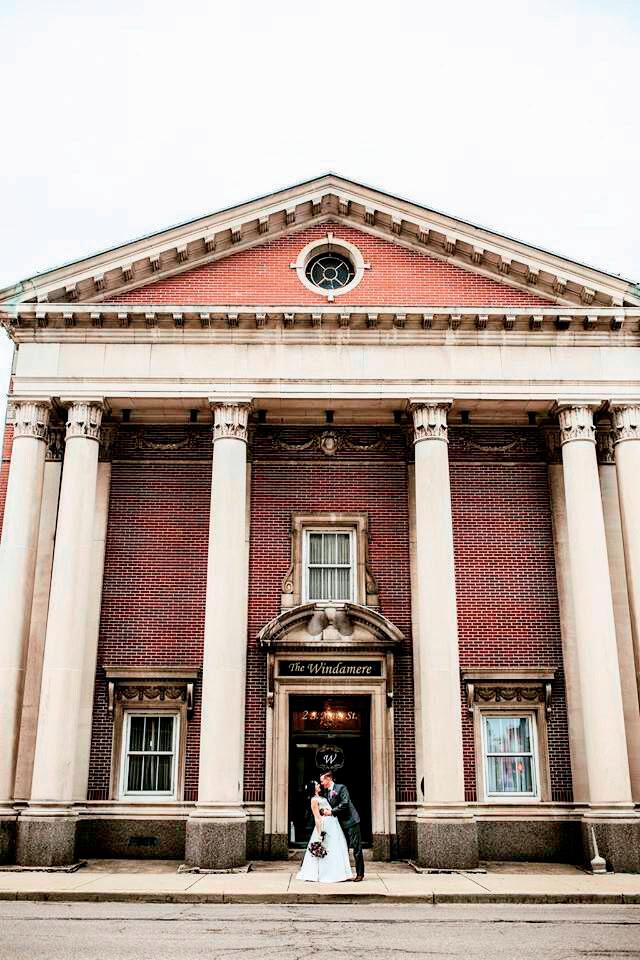
Rabbi Judy Chessin
Temple



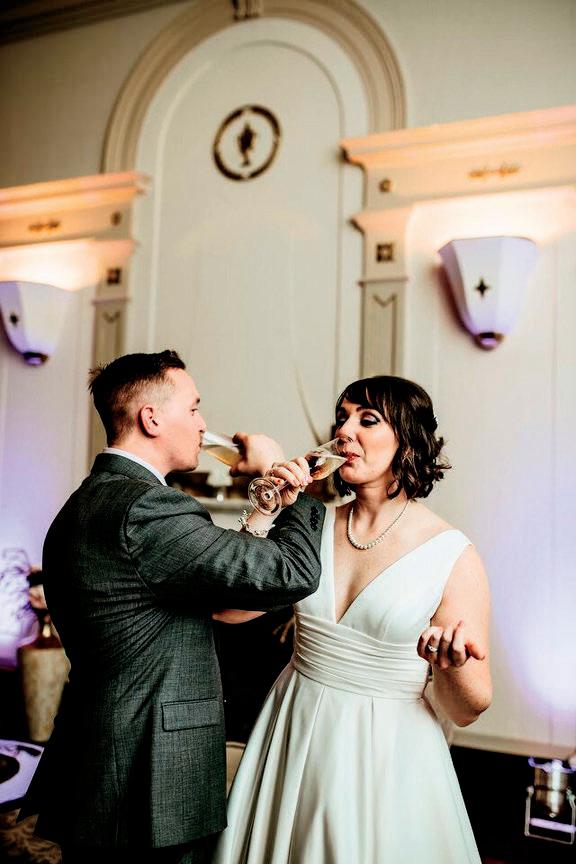
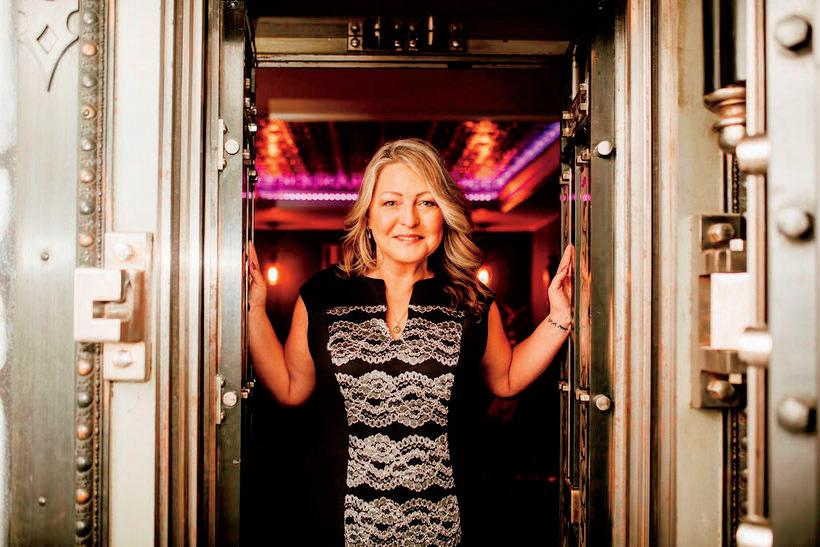
PAGE 12 THE DAYTON JEWISH OBSERVER • MAY 2024 DAYTON
for Generations
Today...and
Beth Or www.templebethor.com
937-435-3400
2 S M A I N S T M I D D L E T O W N , O H T H E W I N D A M E R E C O M 5 1 3 - 8 1 8 - 5 1 7 4 WEDDINGS, SOCIAL & CORPORATE EVENTS
May2024
UPCOMING EVENTS
WEDNESDAYS, 12:30 - 3:30PM Open Canasta
SUNDAY, MAY 5, 3PM
Yom Hashoah Observance Program
Community Observance begins at 4PM
TUESDAY, MAY 14, 6PM
Yom Ha’atzmaut
THURSDAY, MAY 30, 6PM
Dayton Jewish Film Festival Opening Night
Connect with us! Check out our events. For more information, check out our calendar at jewishdayton.org
ONE PERSON CAN MAKE A DIFFERENCE: Righteous Among The Nations


Children, teens, adults.
Please join us!
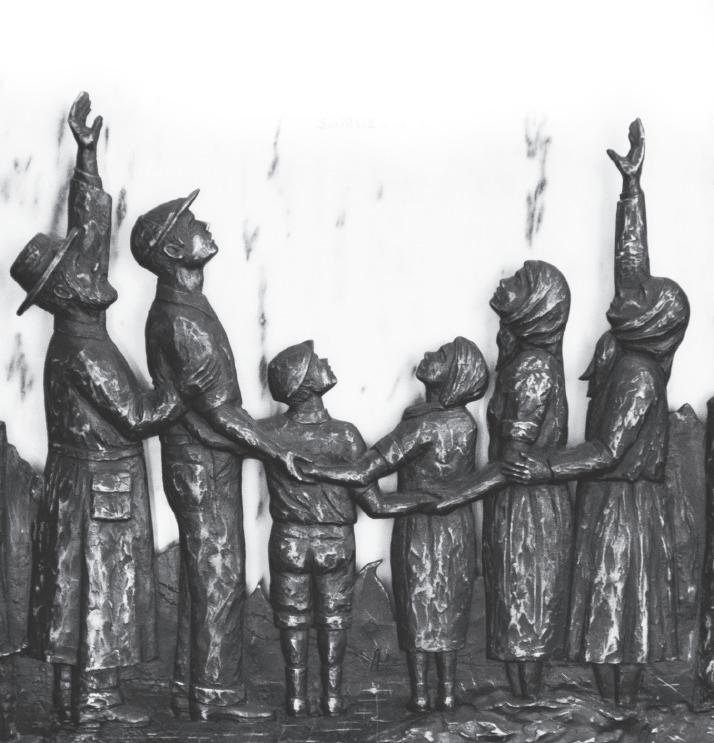
3:15 – 3:45PM
Sunday, May 5
Starting At 3PM at Beth Jacob Congregation 7020 North Main Street, Harrison Township, 45415
Teen Program, If You Don’t Ask, You’ll Never Know Why.
Second generation survivor
Charlotte Golden facilitates a dialogue with teens and other children of Holocaust survivors. Contest participants and teens in our community are invited.
Max and Lydia May Holocaust Art & Writing Contest on display in the social hall until 4pm and following the program.
4PM
Community Yom Hashoah Memorial Service. The tone will be set by international performer/ composer Noah Gruenberg, who will play the electric violin. Presentation of contest winners will be followed by guest speaker Marilou Brewster, who will share the story of her father and mother, who were part of the underground that saved Jews from the Nazis.
PJ Library & PJ Our Way Program, How To Be a Mensch.
Join us for a story, craft, and snack. We will discuss how people of all ages can make a di erence!
RSVP by Wednesday, May 1 for all events to Samantha Daniel at sdaniel@jfgd.net or call 937-610-1555.
Sponsored by the Jewish Federation of Greater Dayton. jewishdayton.org.
Presented by the Yom Hashoah Committee, the Holocaust Education Committee, and the 2024 Max & Lydia May Memorial Holocaust Art & Writing Contest.
THE DAYTON JEWISH OBSERVER • MAY 2024 PAGE 13
JEWISH FEDERATION of GREATER DAYTON & ITS AGENCIES SUN MON TUE WED THU FRI SAT 28 29 30 1 2 3 4 5 6 7 8 9 10 11 12 13 14 15 16 17 18 19 20 21 22 23 24 25 26 27 28 29 30 31 1
PUBLISHER ($1,000 +)
Bernard & Carole Rabinowitz
Philanthropic Fund of the Jewish Foundation of Greater Dayton
EDITOR ($500 +)
Michael & Rochelle* Goldstein
Robert & Vicky Heuman
Kim & Candy Kwiatek
Mary Rita & Norman Weissman
POET ($250 +)
Gary & Irene Fishbein
Marni Flagel
Dr. Felix Garfunkel
Gary Holstine – Stifel Investments
Linda & Steve Horenstein
Joseph & Marsha Johnston
Mark & Helen Jones
Ann Laderman
Barbara Mendelson
WRITER ($100 +)
Anonymous
Beth Adelman
Maryann & Jack Bernstein
Margaret & James Brooks
Leslie S. Buerki
Marcia Cox
Adam & Tara Feiner
Bella Freeman
Neil Friedman
Charlotte Golden
Lynn & David Goldenberg
Shelley & Kim Goldenberg
Dr. Franklin and Renee Handel
Gary and Jane Hochstein
Drs. Martin Jacobs & Martha Moody Jacobs
Andrea Klein
Meredith Moss Levinson
Cheryl & Franklin Lewis
Wendy Lipp
Judy Lipton
Beverly A. Louis
Gayle & Irvin Moscowitz
Linda Novak
Ann V. Paddock
Alice & Burt Saidel
Joni & Ralph Watson
PATRON ($18 +)
Frieda Blum
Kenneth & Lisa Blum
Stanley & Connie Blum
Eva Clair
Judy & Alan Chesen
Louisa & Phil Dreety
Lenora & Ken Elbaum
Alan & Becky Elovitz
Lynn Foster
Chuck & Dee Fried
Paula Gessiness & Jay Holland
Helene Gordon
Arlene Graham
Meryl Hattenbach & Joe Beringer
Mike Ja e & Judy Schwartzman
Ruth B. Meadow*
Edie Pequignot
Cantor Andrea Raizen
Audrey P. Tuck
Lawrence Wagenfeld
Donald & Caryl Weckstein *






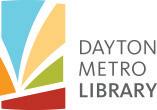














PAGE 14 THE DAYTON JEWISH OBSERVER • MAY 2024 May2024 JEWISH FEDERATION of GREATER DAYTON & ITS AGENCIES JCC CULTURAL ARTS PROGRAMMING IS MADE POSSIBLE BY A GRANT FROM OUR COMMUNITY SUPPORTER OHIO ARTS COUNCIL IN PARTNERSHIP WITH THE JEWISH BOOK COUNCIL. Jewish Community Center OF GREATER DAYTON JCC Book Club THE JCC CULTURAL ARTS & BOOK SERIES SINCERELY THANKS THE FOLLOWING FOR THEIR SUPPORT We thank our JCC Cultural Arts & Book Series 2023-2024 Sponsors and Partners
Of
THANK YOU TO EVERYONE FOR A GREAT SEASON!
Blessed Memory
May2024
JEWISH FEDERATION of GREATER DAYTON & ITS AGENCIES
CELEBRATE ISRAEL AT 76 with a community meal!
Join us for Yom Ha'atzmaut
Tuesday, May 14, 6 – 7:30PM at the Boonshoft CJCE, 525 Versailles Drive, Centerville, 45459
Join us for an AUTHENTIC ISRAELI MEAL prepared by Chef Uri Arnon, restaurateur from the Western Galilee.
6PM: Dinner will begin – doors open at 5:45PM 6:45PM:
Chef Uri will speak about the food culture of the Western Galilee followed by two special guests who will speak about life in Israel
A special kid's dessert activity will begin
$10 per person, $18 per family. Reservations are required by Friday, May 10. Please visit jewishdayton.org/events for more information and to register.





JCC In partnership with: Beth Abraham Synagogue, Beth Jacob Congregation, Hadassah, Hillel Academy, Jewish War Veterans, PJ Library, Temple Beth Or, and Temple Israel
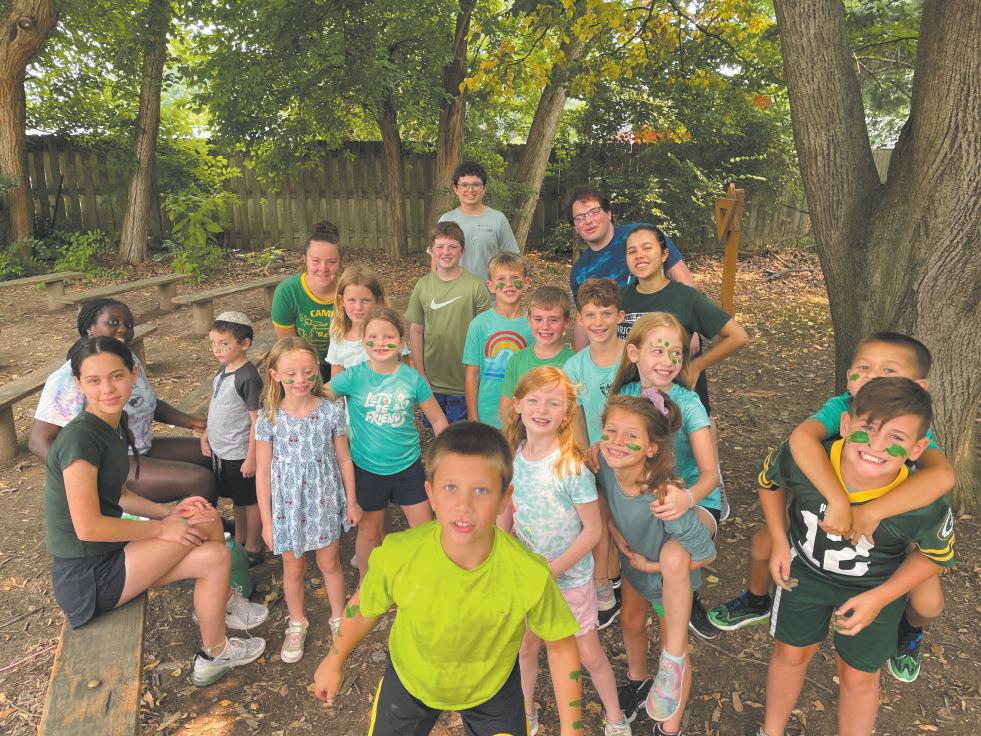
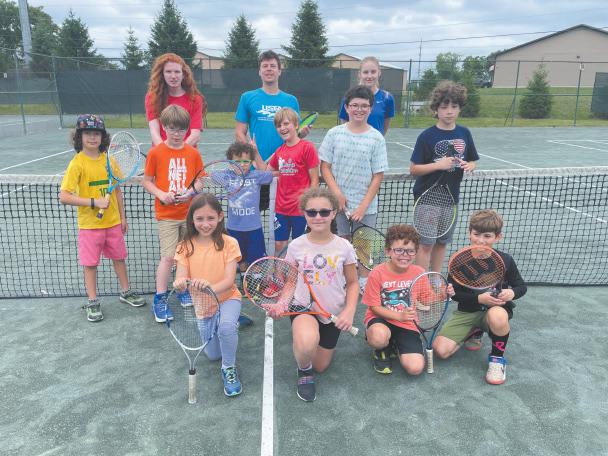
JUNE 3 - JULY 26
Camp Shalom is planning a summer of fun!
We o er the traditional camp experience, a variety of specialty camps including outdoor adventures, magic, Ninja Warrior, cheerleading, and more! Join us for weekly swimming and field trips, great counselors, and lots of friends!
Spots are still available for Theatre and Cheerleading specialty camps!
CAMP SHALOM IS HIRING SUMMER STAFF!
Do you know someone 16 or older who would be a great camp counselor? Interested candidates should contact Suzzy Nandrasy at snandrasy@jfgd.net.
See jewishdayton.org for more information. Register at app.campdoc.com/register/jccgreaterdayton.
THE DAYTON JEWISH OBSERVER • MAY 2024 PAGE 15
May2024
JEWISH FEDERATION of GREATER DAYTON & ITS AGENCIES
Legacies, Tributes, & Memorials
FEDERATION
PAST PRESIDENTS FUND
In memory of William Schoenfeld
Sylvia and Ralph Heyman
JEWISH CEMETERIES FUND
In memory of Esther and DeNeal Feldman
Paul Zimmer
CAROL J. PAVLOFSKY LEADERSHIP FUND
In memory of Joseph Funfar
In memory of Jean Lieberman
Marlene and David Miller
HOLOCAUST PROGRAMMING FUND
Congratulations to the Natarus Family on their new baby girl
Congratulations to Helene Gordon on her new home
Kathy and Mark Gordon
JOE BETTMAN MEMORIAL TZADIK AWARD
In memory of Jean Kolstein Lieberman
In memory of Shirley Frankowitz
CAROLE RABINOWITZ CAMP FUND
In memory of Esther and DeNeal Feldman
Sue and Don Zulanch
In memory of Donald Klass
In memory of Steven Markman
In memory of Juliet Glaser’s grandfather
Beverly A. Louis
JOAN AND PETER WELLS AND REBECCA LINVILLE FAMILY, CHILDREN AND YOUTH FUND
In memory of Jean Lieberman
Joan and Peter Wells
In memory of Shirley Frankowitz
Peter Wells
PJ LIBRARY
In memory of Jean Lieberman
Marcia and Eddie Kress
JFS
JEWISH FAMILY SERVICES
In memory of Dr. Jesse P. Kuperman
Michelle and Don Kuperman
JEWISH FAMILY SERVICES DISCRETIONARY FUND
In memory of Jean Lieberman


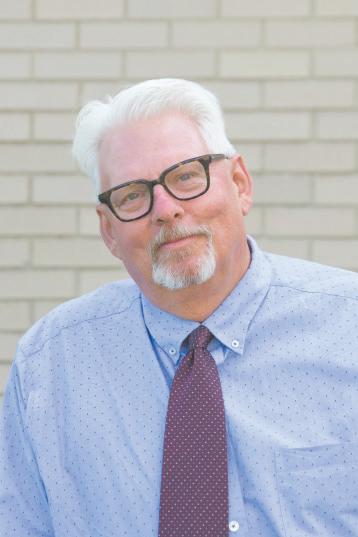


For almost three decades, Roger Apple has been an important part of the Jewish Federation of Greater Dayton. From the Jesse Philips building to the Boonshoft CJCE, and everything in between, Roger has provided comprehensive IT services, facilities management and security direction.
As his journey with the Federation ends, we would like to sincerely thank him for 27 years of excellence, and wish him a wonderful and relaxing retirement!
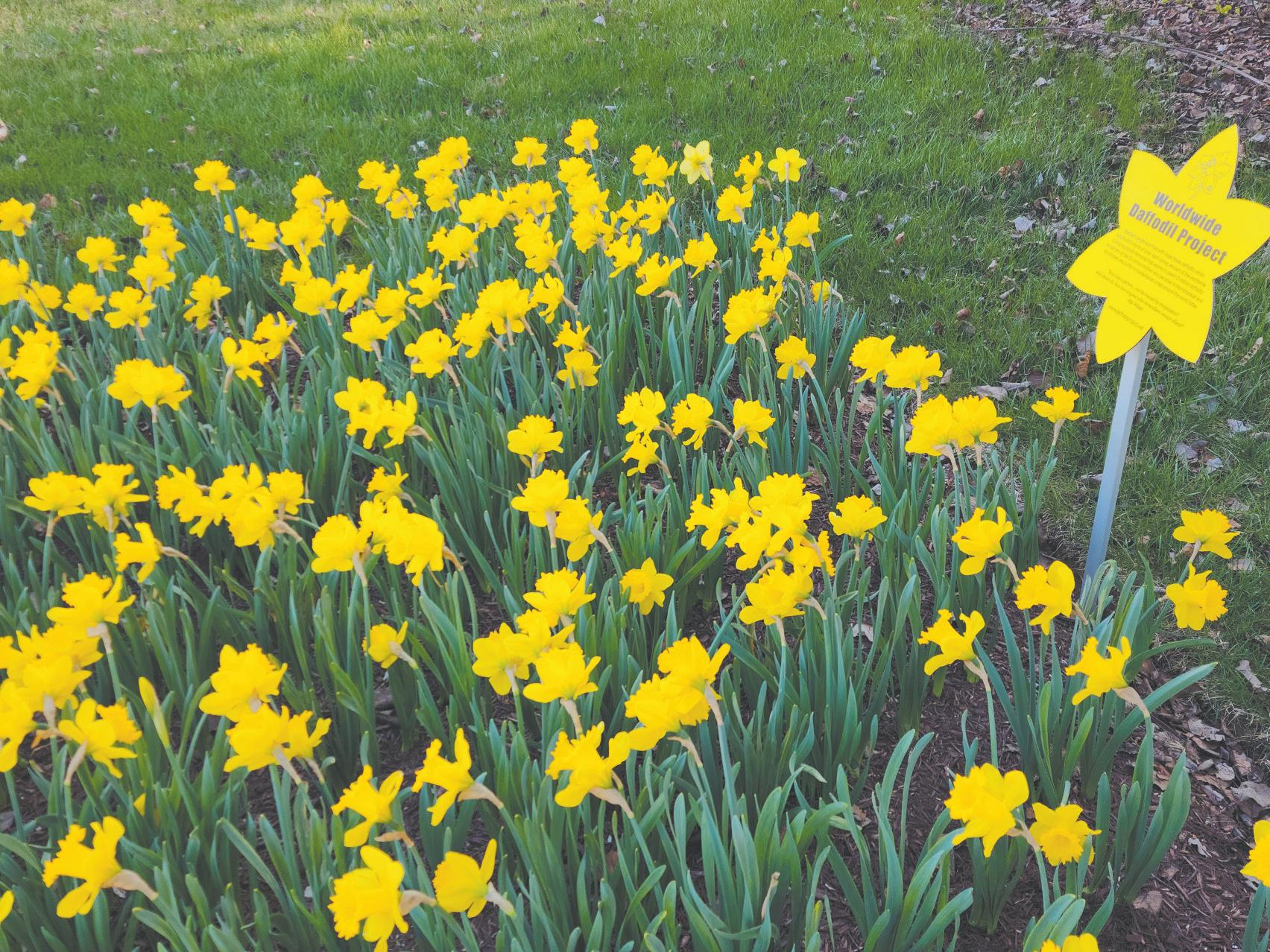
Center for Jewish Culture & Education 525 Versailles Drive, Centerville, 45459
The Yom Hashoah Committee is pleased to share that we are participating in The Da odil Project and have planted a Holocaust Memorial Da odil Garden with 500 Da odils. The goal is to plant 1.5 million da odils worldwide in remembrance of the children who perished in the Holocaust and in support for children su ering in humanitarian crises in the world today.
This is an initiative of Am Yisrael Chai, a nonprofit Holocaust education and genocide awareness organization, da odilproject.net. It is committed to Holocaust and genocide education and awareness by engaging people in actionoriented programs and initiatives.
The dedication for our memorial garden will be during the Yom Ha’atzmaut celebration on Tuesday, May 14, 6 – 8PM at the Boonshoft Center for Jewish Cultural and Education, 525 Versailles Drive, Centerville, 45459.
PAGE 16 THE DAYTON JEWISH OBSERVER • MAY 2024
JCC
DAFFODIL PROJECT at the Boonshoft
Jewish Federation
OF GREATER DAYTON
THE
MAZEL TOV, ROGER!
®
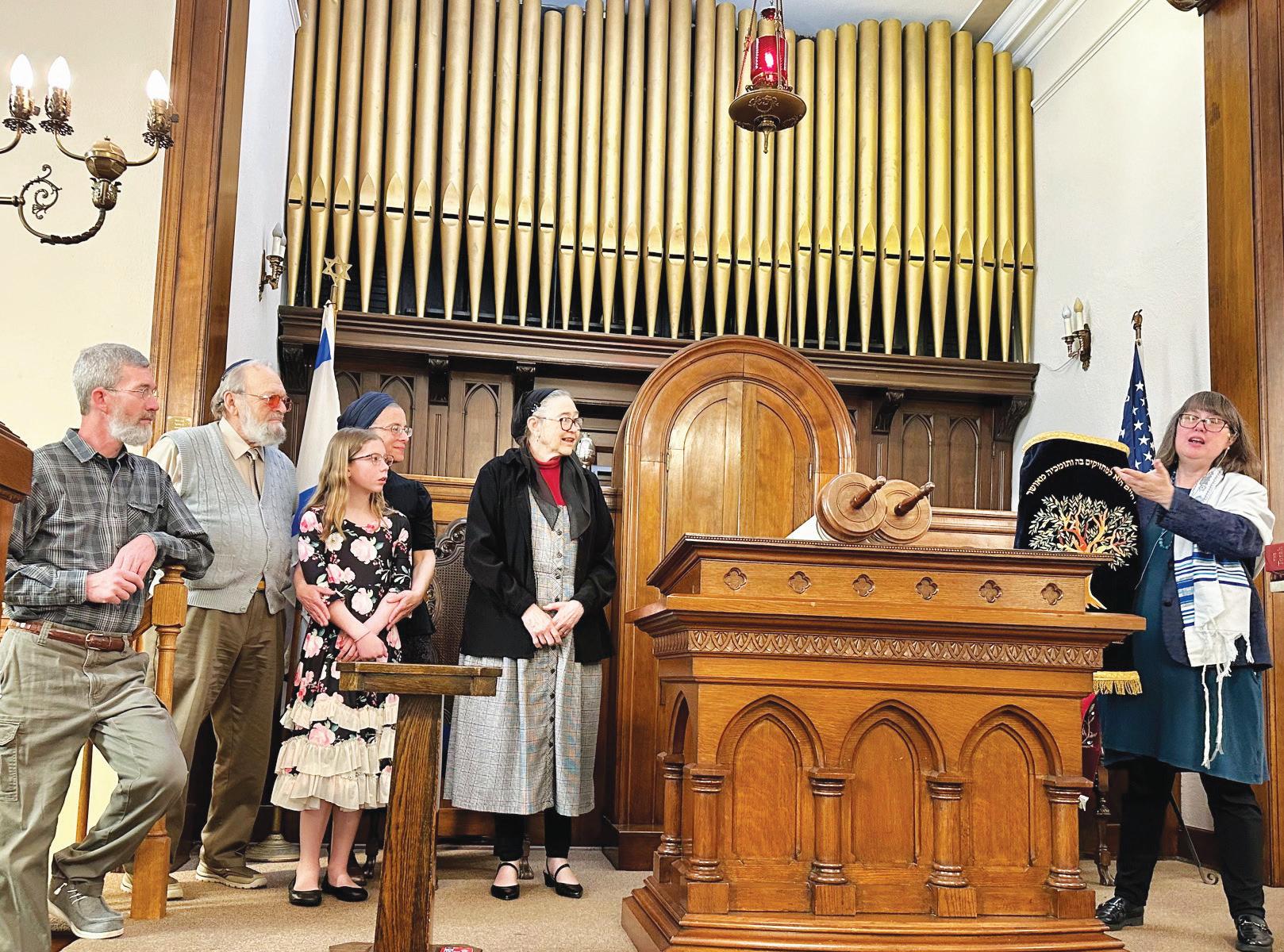





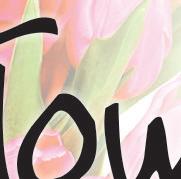











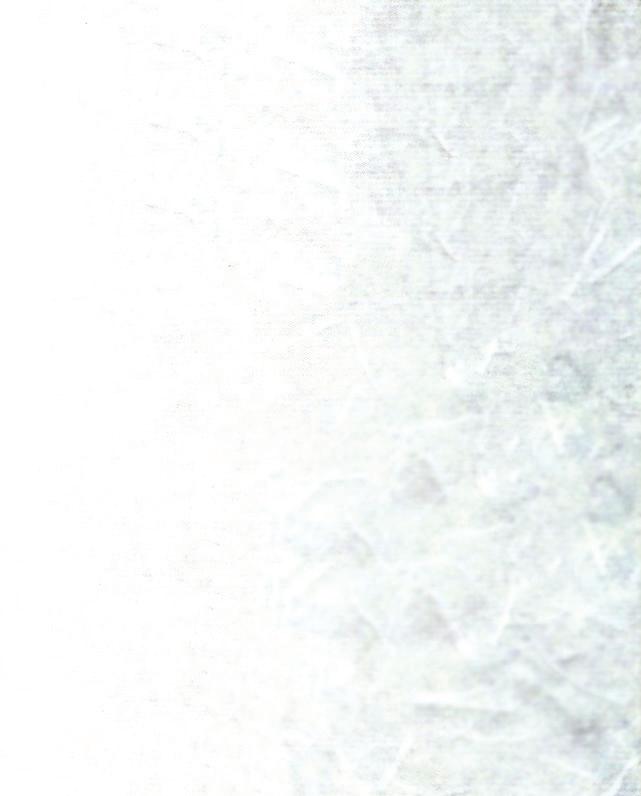

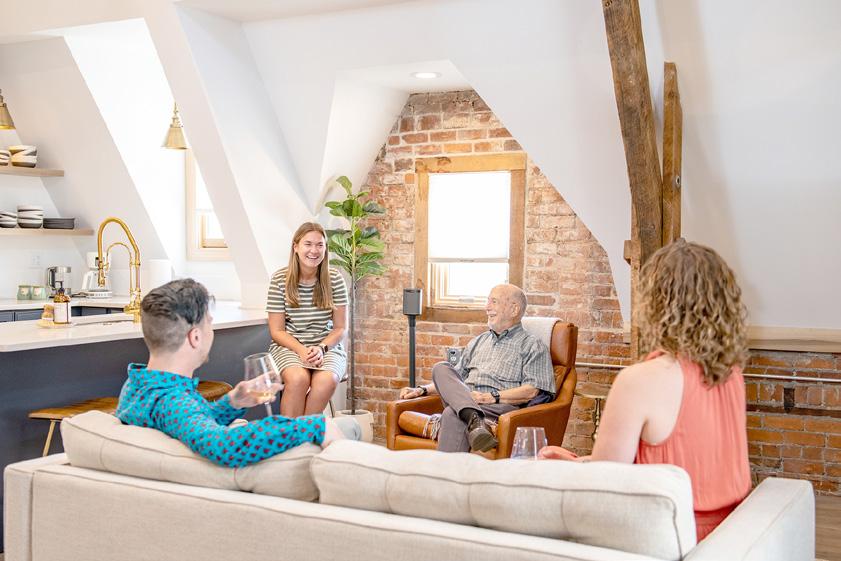






THE DAYTON JEWISH OBSERVER • MAY 2024 PAGE 17 SATURDAY, MAY 11 • 1-5 p.m. FREE! 2024 DowntownDayton.org A program of Sponsored by • Tour diverse downtown living spaces • Sign up for a FREE guided walking tour • Party on Courthouse Square, and more! Mom deserves the best on her special day. THEFLOWERSHOPPE.COM 937-224-7673 DAYTON OH 45419 2977 FAR HILLS AVE Corner of Far Hills & Dorothy Lane MANAGEMENT RECRUITERS OF DAYTON BUILDING THE HEART OF BUSINESS Staffing Needs? Call The Professionals! Jeff Noble • 937-228-8271 mridayton.com • info@mridayton.com A Healthy Alternative We Use The Best Ingredients Prepared Fresh Daily CJ CHAN MSG www.mycjchan.com 536 Wilmington Ave. Dayton, OH 45420 937-259-9866 2ND LOCATION! 2747 W. Alex Bell Rd. Moraine, OH 45459 * Hot Pot Available * 937-259-8882 Mon-Thu: 10:30 am-10 pm Fri-Sat: 10:30 am-10:30 pm Sun: 11:30 a.m-10 pm THE REGION Torah mantle dedication at Piqua temple
Contact Patty Caruso at plhc69@gmail.com to advertise in The Observer.
Members of the Lemmon and Bowman families presented a new Torah mantle to Congregation Anshe Emeth on April 13: (L to R): Luke Bowman, Cory Lemmon, Janessa Bowman, Karen Bowman, Sharon Lemmon, and Student Rabbi Gretchen Johnson. The Piqua congregation, which dates to 1858, houses two Torah scrolls.
Israel warded off huge Iranian attack, but that's not the same as a victory.
Eight insights into the momentous events of April 13, when Iran targeted Israel as never before, Israel defended itself with allied help, and the regime’s nuclear threat became ever clearer.
By David Horovitz, Times of Israel
1. The opposite of Oct. 7: Israel’s handling of the unprecedented Iranian drone and missile attack overnight April 13 was the complete opposite of the unfathomable catastrophe of Oct. 7.
In utter contrast to the failures at every level that enabled Hamas to invade six months ago, Israel — with considerable input from the U.S. and regional allies — was braced for the Iranian attack. Its intelligence on what was about to unfold was accurate. It prepared effectively to meet the onslaught. Its military establishment, and especially the air force and pilots, rose to meet the danger. And, again with the assistance of the U.S. and regional allies, Israel’s leadership thwarted the attack — fulfilling its obligation to keep its citizenry safe from enemy aggression.
2. By the numbers: According to the IDF, Iran launched 170 drones at Israel — not one of which reached Israeli airspace. All were intercepted in the course of their hours-long journeys — by the IAF, the U.S., U.K., and Jordan.
Iran also fired 30 cruise missiles, some of which are reportedly capable of carrying 1-ton warheads. Again, according to the IDF, not one of them reached Israeli airspace. All were intercepted earlier in their approximately two-hour journeys, 25 of them by the IAF.
Finally, and most dramatically, Iran launched 120 ballistic missiles at Israel — and did so even as it was telling the United Nations that its military action against Israel was “concluded.” Along their ultra-rapid routes, almost all of them were downed by Israel’s long-range Arrow air defense system. Less than a handful evaded Israel’s defenses and hit the Nevatim Airbase in southern Israel, where F-35s are based, causing what the IDF said was minor damage to infrastructure. The runway was not impacted, and the combat planes’ operations were not affected.
3. The U.S. alliance…: Relations between the Netanyahu government and the Biden administration have grown increasingly strained over the six-monthsplus of Israel’s war to dismantle Hamas in Gaza, with the U.S. openly fuming at the civilian death toll and inadequate humanitarian aid, White House officials rejecting IDF plans for a major ground offensive in the final Hamas stronghold of Rafah, and the president personally and politically mistrustful of the prime minister.
In the days ahead of Iran’s anticipated response to the IAF’s alleged April 1 killing of leading figures in Iran’s Islamic Revolutionary Guard Corps inside Iran’s embassy compound in Damascus, however, the U.S. sprang to Israel’s defense. It sought to deter Iran diplomatically, coordinated intimately with Israel in preparing for the defensive action, dispatched its CENTCOM chief, shared intel, activated regional allies, and mobilized its own forces. When the attack be-
So, what do you think?
gan, U.S. intel was critical in enabling the immensely effective response by Israel, the U.S. itself, and regional partners including, but not limited to, Jordan.
The partnership was concrete. And years of military preparation, coordination, and innumerable regional drills bore fruit.
4. … And its limits: In their 25-minute phone call, held after it was clear that Iran’s onslaught had been blocked, however, U.S. President Joe Biden reportedly told Prime Minister Benjamin Netanyahu, “You got a win; take the win,” and not to respond militarily.
Were Israel to ignore this advice, he reportedly made plain, the U.S. would not, in contrast to April 13, participate alongside Israel.
The U.S. has also reportedly made clear, in the wake of the April 1 raid in Damascus, that it wants advance warning from Israel of any future such airstrikes — early enough in the process to be able to have its say.
It seems fairly clear that the U.S. regards the alleged IAF strike that killed IRGC General Mohammad Reza Zahedi as misconceived, and would have opposed it if it had been informed in sufficient time, rather than shortly before the blast. Some Israeli officials maintain, however, that Zahedi was a highly prized and necessary target, as the most senior Iranian military officer in Syria and Lebanon, responsible for orchestrating terrorism against Israel from across those borders and in and from the West Bank.
Israel, it should be noted, has reportedly targeted very senior Iranian officials in the past — including the “father” of the Iranian nuclear program, Mohsen Fakhrizadeh, on Iranian soil — without prompting anything like the April 13 response. The difference, this time, is at least partly a likely consequence of Israel’s weakened deterrent capacity over the past year-plus, and especially given the failures of Oct. 7.
April 13 from the kind of colossal onslaught on Israel, including with precision-guided missiles, for which Israel has no adequate defense. But it is waging nearrelentless conflict, and tens of thousands of Israelis have no foreseeable prospect of being able to safely return to their homes in northern Israel.
The Houthis are apparently beyond anybody’s control — an Iranian proxy run wild.
Hamas is hunkered down in Gaza, a quarter of its military strength and much of its leadership intact, uninterested in a hostage deal, confident that it will survive the war, and rebuild and rearm its war machine.
While the U.S. president may have told Netanyahu, “You got a win,” the resounding success of the April 13 defense is not the same as a victory.
And the Iranian leadership plainly does not regard its April 13 assault as a defeat.
Tehran without doubt anticipated wreaking considerable harm with its long-prepared, diverse, and potentially immensely potent mix of drones and missiles. There will likely be a great deal of dismay and recrimination at the lack of military success.
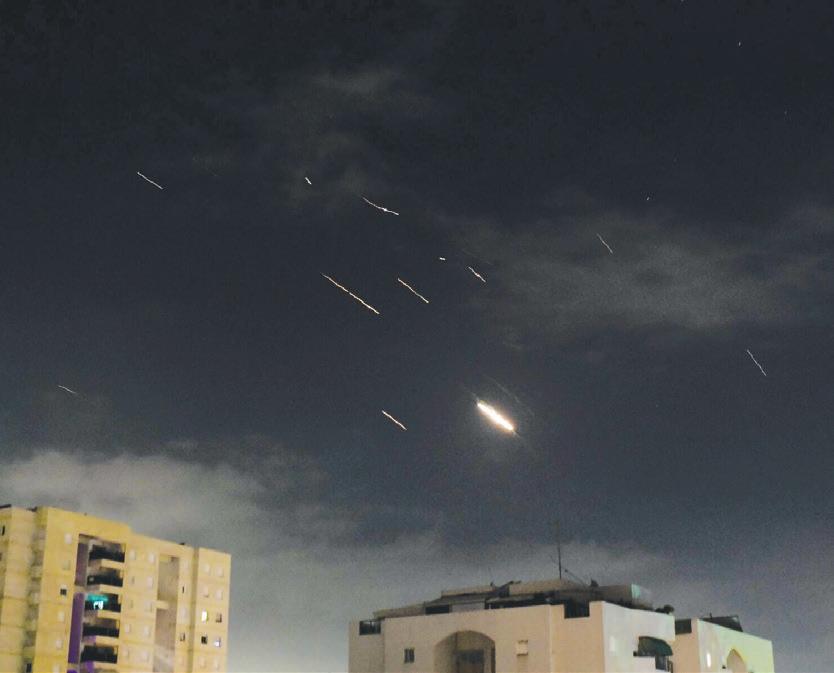
But after years in which Israel threatened relentlessly to target Iran’s nuclear facilities — and indeed engaged in a series of operations to set back the ayatollahs’ nuclear program — it was Iran that launched the first major attack between the two enemies. It bragged that it was able to scare the Israeli public for days ahead of the much-touted assault. And it now claims to have changed the equation — warning that future Israeli strikes on Iranian territory, including its international diplomatic premises, will henceforth again be met by Iranian retaliatory strikes on Israel.
Israel has for decades prided itself on its capacity to defend itself, by itself, against all enemies, albeit with an immense reliance on U.S. arms supplies and U.S.-led diplomatic support. April 13 marked the first significant instance of Israel defending itself with the direct, active and crucial participation of the U.S. and other allies. And that is now apparently being followed by a U.S. military bear hug — a constraining embrace by a superpower ally that currently believes it understands Israel’s interests better than Israel does and that also has its own and its other allies’ interests to look after.
5. A success with profound limitations: Biden hailed Israel’s “remarkable capacity” to defend itself, and declared that Israel had sent “a clear message to its foes that they cannot effectively threaten the security of Israel.” But it is absolutely certain that Israel’s foes are not reading any such ostensibly “clear message.”
Hezbollah remains firmly ensconced across the northern border. We wait to definitively learn the considerations that saw Hezbollah continue to refrain on
Rather than being chastened by the failure to cause graver harm in Israel, humiliated by the defensive capacities shown by Israel and its allies, or deterred by the evidence of the partnership between the U.S., Israel and others in the region, it is warning Israel against retaliation for the April 13 attack, and warning the U.S., too, that its bases will be targeted if it joins in.
6. The Israeli response: Ostensibly informed sources in the prime minister’s orbit were asserting, even as the Iranian attack was still in progress, that Israel’s response would be rapid and substantial. According to one report, Biden, in their call, persuaded Netanyahu not to approve an immediate retaliation. The war cabinet met April 14 to discuss the issue further.
Israeli officials are privately indicating that a response needs to be predicated on what Iran attempted to do — terrify a nation, inflict casualties and devastation, destroy a crucial air base and more — rather than the little that it actually managed.
They also note that the ostensible new Iranian equation, with the threat of an Iranian response to future Israeli strikes and operations, cannot be allowed to take hold.
The temptation to hit back fast will be acute — and Netanyahu will be under political pressure to act. This
PAGE 18 THE DAYTON JEWISH OBSERVER • MAY 2024 OPINION Send letters (350 words max.) to The Dayton Jewish Observer, 525 Versailles Dr., Dayton, OH 45459 • MWeiss@jfgd.net Views expressed by columnists, in readers’ letters, and in opinion pieces do not necessarily reflect the opinion of staff or layleaders of The Dayton Jewish Observer or the Jewish Federation of Greater Dayton.
An Iranian missile intercepted over Tel Aviv, April 14.
Tomer Neuberg/Flash90
OPINION
would, of course, be in defiance of the U.S., and would threaten the coalition that pulled together so effectively on April 13. A response there needs to be — one that is strategically planned.
7. The critical threat: In this context, it is worth remembering the events of early 1991, when Saddam Hussein’s Iraq fired 42 Scud missiles into an Israel that had no defense against them. (The hope and belief that the Patriot missile defense system could intercept the Scuds proved misplaced.) Then-prime minister Yitzhak Shamir was persuaded not to hit back at Iraq, largely by the Bush administration, which warned him that an Israeli response risked destroying the coalition of allies gearing up to take on Saddam.
That episode underlines that there is more than one way to face down a regional aggressor, and that an immediate retaliatory lashing-out is not always the most effective.
prevent the Islamic Republic from completing its nuclear weapons drive. Imagine if Iran had had nuclear warheads at its disposal on April 13.
An Iran with this leadership and a nuclear capability is simply unthinkable. Whatever the complex pros and cons of a direct response to the April 13 attack, that wider imperative — and the diplomatic and military alliances necessary to stop Iran — has to be the prime consideration.
Following the events of April 13, after all, Iran can be expected to pursue its nuclear program with still greater determination.
Thwarting it will necessitate the deepest possible Israeli alliance with the U.S. and other potential allies.
Imagine if Iran had had nuclear warheads at its disposal on April 13.
8. And finally: It is quite staggering, the rapidity with which Israel has moved from believing itself to be on the verge of regional war to a return to something akin to routine.
Classes
Beth Jacob Classes: w. Rabbi Agar. Tuesdays, 7 p.m.: Torah Tuesdays on Zoom. Thursdays, 7 p.m.: Thursdays of Thought on Zoom. Call to register, 937-274-2149. 7020 N. Main St., Harrison Twp.
Chabad Classes: Mon., May 6, 7 p.m.: Decisions of Fate: Your Jewish Compass for Navigating Questions of Medical Ethics. Four-week course. Online or in person. Sign up at chabaddayton.com. Tuesdays, 8 p.m.: Code of Jewish Law. Wednesdays, 7:30 p.m.: Talmud Class. Thursdays, noon: Parsha Study on Zoom. chabaddayton.com. 2001 Far Hills Ave., Oakwood. 937-6430770.
Temple Beth Or Classes: Sundays, 12:30 p.m.: Adult Hebrew. Thurs., May 2, 7 p.m.: Chai Mitzvah in person & Zoom. 5275 Marshall Rd., Wash. Twp. 937-435-3400.
CALENDAR
Adults
JCC Open Canasta: Wednesdays, 12:30-3:30 p.m. 525 Versailles Dr., Centerville. Call 937-610-1555 for info.
Temple Israel Brotherhood Ryterband Brunch & Speaker Series: $7. Sun., May 12, 9:45 a.m.: Rabbi Bodney-Halasz, Creation, Revelation & Redemption. 130 Riverside Dr, Dayton. 937-496-0050.
Family
Beth Abraham Rhythm ‘N’ Ruach: Fri., May 10, 5:30 p.m.- 6:15 p.m. w. Cantor Raizen. 305 Sugar Camp Cir., Oakwood. 937-293-9520.
Temple Israel Prayer & Play: Sat., May 11, 10 a.m. Infants–2nd grade. 130 Riverside Dr., Dayton. 937-496-0050.
Community
Saddam was erroneously believed to be developing a nuclear capability, while the Iranians are categorically a long way down the path to nuclear weapons and have the capacity to break out to the bomb at fairly short notice.
April 13th’s thwarted Iranian effort to cause devastating harm in Israel underlines, as never before, the supreme imperative — for Israel, the U.S., and life-affirming nations in the region and worldwide — to
Leaving aside for a moment the fact that life in Israel has been anything but routine since Oct. 7 — that there is an ongoing war in Gaza, 129 hostages to save, a northern border zone that is unlivable, and escalating tension in the West Bank — it seems beyond premature to believe that this unprecedented Iran-Israel open conflict is anything like over.
Temple Israel Classes: Tuesdays, noon: Talmud Study in person & Zoom. Wednesdays, 10 a.m.: Torah Queeries w. Rabbi Bodney-Halasz, at home of Skip & Ann Becker. Fri., May 10, 11 a.m.: Living w. Loss w. Rabbi Bodney-Halasz. Thurs., May 16, 3:30 p.m.: Living w. Ambiguous Loss w. Rabbi Bodney-Halasz. Sat., May 4, 25, 9:15 a.m.: Virtual Torah Study on Zoom. Sat., May 11 & 18, 9:15 a.m.: Virtual Torah Study in person and Zoom. 130 Riverside Dr., Dayton. tidatyon. org/calendar. RSVPs to office, 937-496-0050.
Yom Hashoah Observance: Sun., May 5. 3 p.m.: Art & writing on display. 4 p.m.: PJ Library & PJ Our Way program. 4 p.m.: Memorial Service. RSVP at jewishdayton.org/ events. Beth Jacob Congregation, 7020 N. Main St, Harrison Twp. 937-274-2149.
Israel at 76 dinner: Tues., May 14, 6 p.m. $10 person, $18 family. Dinner by Chef Uri, Western Galilee. Registration required, jewishdayton.org/ events, by May 10. Boonshoft CJCE, 525 Versailles Dr. Centerville. 937-610-1555.
Temple Beth Or, Answering Tough Questions About Israel: Sun., May 19, 10 a.m.-
noon. W. Richard Friedman, Ehud Borovoy, Rabbi Judy Chessin. 5275 Marshall Rd., Wash. Twp. RSVP at templebethor.com or 937-435-3400.
Beth Jacob 4th Annual Jewish Women Inspiring Jewish Women: Sun., May 19, 11 a.m. $22. RSVP to Tammy, 937-274-2149. Beth Jacob Congregation, 7020 N. Main St., Harrison Twp.
Chabad Lag B’Omer BBQ: Sun., May 26, 5 p.m. $18 adult, $7 child. RSVP at jewishdayton.org/events. 2001 Far Hills Ave., Oakwood. 937-6430770.
Women
Chabad Women’s Circle End of Year Dinner & Program: Sun., May 19, 6 p.m. $36. RSVP at chabaddayton.com/ cwc. 2001 Far Hills Ave., Oakwood. 937-643-0770.
Men
Chabad Bagels, Lox & Tefillin: Sun., May 5, 9:30 a.m. 13+ welcome. chabaddayton. com. 2001 Far Hills Ave., Oakwood. 937-643-0770.
JCC Cultural Arts & Book Series
Opening Night, The Catskills: Thurs., May 30, 7 p.m. $18 includes 6:30 p.m. reception. W. Univ. of Cincinnati Judaic Studies Chair Jenny Caplan. Register at jewishdayton.org/ events. University of Dayton's Roger Glass Center for the Arts, 29 Creative Way, Dayton.

























THE DAYTON JEWISH OBSERVER • MAY 2024 PAGE 19
To find the location nearest you, visit TheFoxCleaners.com Rugs & Home Goods Laundry Service TheFoxCleaners.com Your Spring Cleaning Partner Comforters & Bedding Pick Up & Delivery Curtains & Draperies Dry Cleaning Will Drook, Owner/Operator Fox Cleaners delivers to all of Dayton and the surrounding areas
David Horovitz is founding editor of The Times of Israel.
CONGREGATIONS
Beth Abraham Synagogue Conservative
Rabbi Aubrey L. Glazer Cantor/Dir. of Ed. & Programming
Andrea Raizen
Fridays, 5 p.m.
Saturdays, 9:30 a.m. 305 Sugar Camp Circle, Oakwood. 937-293-9520. bethabrahamdayton.org
Beth Jacob Congregation
Traditional
Rabbi Leibel Agar
Saturdays, 9:30 a.m. Evening minyans upon request. 7020 N. Main St., Dayton. 937-274-2149. bethjacobcong.org
Temple Anshe Emeth Reform
320 Caldwell St., Piqua. Contact Steve Shuchat, 937-7262116, ansheemeth@gmail.com. ansheemeth.org
Temple Beth Or Reform
Rabbi Judy Chessin
Asst. Rabbi/Educator Ben Azriel
Fridays, 6:30 p.m. 5275 Marshall Rd., Wash. Twp. 937-435-3400. templebethor.com
Temple Beth Sholom Reform
Rabbi Haviva Horvitz 610 Gladys Dr., Middletown. 513-422-8313. templebethsholom.net
Temple Israel Reform
Senior Rabbi Karen BodneyHalasz. Rabbi/Educator Tina Sobo
Fri., May 3, 6 p.m. Fridays, May 10, 17, 24, 31, 6:30 p.m. Saturdays, May 11, 18, 10:30 a.m. 130 Riverside Dr., Dayton. 937-496-0050. tidayton.org
Temple Sholom Reform
Rabbi Cary Kozberg Fridays, 6 p.m. 2424 N. Limestone St., Springfield. 937-399-1231. templesholomoh.com
ADDITIONAL SERVICES
Chabad of Greater Dayton
Rabbi Nochum Mangel
Associate Rabbi Shmuel Klatzkin Youth & Prog. Dir. Rabbi Levi Simon. Beginner educational service Saturdays, 9:30 a.m. 2001 Far Hills Ave. 937-643-0770. chabaddayton.com
Yellow Springs Havurah Independent Antioch College Rockford Chapel. Contact Len Kramer, 937-5724840 or len2654@gmail.com.
RELIGION
God is always by my side
By Rabbi Haviva Horvitz
Temple Beth Sholom
Approximately one month prior to the deadline for this article, my husband, Ely David Spiegel, passed away of pancreatic cancer.
In an effort to bring me comfort, a number of well-meaning friends tried to reassure me that “God only gives us what we can handle.” Although their intention was heartfelt, those words did not sit well with me. I do not, and cannot, believe in a God, an Almighty Being, who would intentionally make us suffer.

blameless and upright, always careful to avoid doing evil. One day, Satan appears before God in Heaven and challenges Job’s faith. The book explores Job’s journey through immense suffering, his interactions with friends who attempt to offer explanations, and his eventual encounter with the Almighty.
serves as one of the sources for the laws of mourning and bereavement. In Chapter 1, Verse 20, it states: “And Job stood up and rent his robe.” This leads us to the practice of kriah, where a mourner rends his garment while in an upright position at the most acute moment of mourning.
May Nisan/Iyar
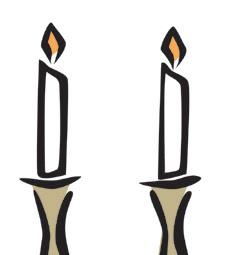
Shabbat Candle Lightings
May 3: 8:15 p.m.
May 10: 8:22 p.m.
Shortly before the funeral,
Perspectives
I was reminded that one does not study Torah during the seven days of shiva. The idea is that the study of Torah brings one pleasure, and this is not a time for pleasure, but rather a time to allow oneself to mourn and to grieve.
As is typical within Judaism, there is an understanding that some people have a need to study, and shiva is not intended to be a time of discomfort, especially caused by a lack of study. Therefore it is permitted, possibly even encouraged, to study the Book of Job.
Simply put, the book of Job is a story about a wealthy man named Job who lives in the land of Uz with his large family and extensive flocks. He is
Despite his trials, Job maintained his faith but questioned the nature of suffering and Divine justice. The study of this book during shiva is permissible because it can help the mourner find comfort. Job’s experiences resonate with mourners who grapple with grief, pain, and existential questions. His story provides solace and companionship to those in mourning.
Like the Book of Job, the Book of Lamentations, which mourns the destruction of the Temple, and parts of the Book of Jeremiah that foretell doom, can be studied during shiva.
In addition, we learn that while in the presence of a mourner, it is appropriate to remain silent until the mourner opens the conversation. This practice is demonstrated by Job, as the verse (3:1) states: “Job then opened his mouth,” implying that he was the first to speak.
May 17: 8:29 p.m.
May 24: 8:35 p.m.
May 31: 8:40 p.m. Rabbi Haviva Horvitz
The familiar phrase from Job Chapter 1, Verse 21: “The Lord gave, and the Lord took; may the name of the Lord be blessed,” is frequently used as a part of the funeral service. We learn that although we do not necessarily understand the reasons, we are to trust that the Almighty does what is best.
I believe that rather than giving me what I can handle, the Almighty helps me handle what I have been given.
While one might think that reading these would only encourage depression, these texts — expressing anguish and sorrow — allow mourners to connect with and work through their own emotions.
The narrative of Job also
Does your teenager graduate Class of 2024
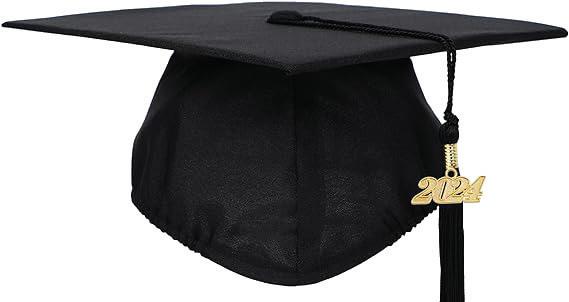
The Observer is happy to offer you a FREE announcement, including a photo, in our June graduation issue.
To receive a form for this free announcement, contact Marshall Weiss at mweiss@jfgd.net.
Personally, I have found that observing the full seven days of shiva, followed by a total of 30 days for shloshim, has helped me grieve and then slowly reenter reality.
While I respect the efforts of my friends and appreciate their attempts at giving me strength and support, I believe that rather than giving me what I can handle, the Almighty helps me handle what I have been given. I am not alone; but rather, God is always by my side.
As it says in Psalm 23: “…He makes me lie down in green pastures; He leads me beside still waters. He restores my soul; He guides me in straight paths for his Name’s sake. Yea, though I walk through the valley of the shadow of death, I will fear no evil, for Thou are with me; Thy rod and Thy staff, they comfort me. Thou preparest a table before me in the presence of my enemies; Thou has anointed my head with oil; my cup runs over. Surely goodness and mercy shall follow me all the days of my life; And I shall dwell in the house of the Lord forever.”
May the Source of peace send peace to all who mourn, and comfort to all who are bereaved. Amen.
Torah Portions

May 4: Achare (Lev. 16:1-18:30)
May 11: Kedoshim (Lev. 19:1-20:27)
May 18: Emor (Lev. 21:1-24:23)
May 25: Behar (Lev. 25:1-26:2)
Yom Hashoah
Holocaust
Remembrance Day
May 6 • 28 Nisan Marked by memorials for those who perished in the Holocaust.
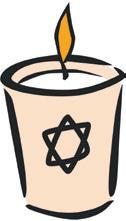
Yom Hazikaron
Israel Memorial Day
May 13 • 5 Iyar Memorial Day for all who died serving Israel. Concludes with a siren blast as stars appear and Independence Day begins.
Yom Ha’atzmaut
Israel Independence Day
May 14 • 6 Iyar

Celebrated by Jews around the world. Israel celebrates with parades, singing, dancing, and fireworks.
Lag B’Omer 33rd Day of Omer
May 26 18 Iyar
The 33rd day of the Omer breaks up the seven weeks of semi-mourning between Passover and Shavuot. It marks the end of a plague among Rabbi Akiva’s students and a victory of Bar-Kokhba’s soldiers over the Romans 2,000 years ago. Celebrated with picnics and sports.
PAGE 20 THE DAYTON JEWISH OBSERVER • MAY 2024
Forms received after May 8 will be held for the July issue of The Observer
high school this year?
MAZEL TOV!
Two performers from the JCC Youth Theatre's February production of Tuck Everlasting continue to "tread the boards" this spring. Lana Dorf, daughter of Masha Kisel and Sam Dorf, is in the children's choir for Dayton Opera's production of Tosca, April 20-21. A musicologist, Sam is giving the preperformance talks.
Clementine Combs, daughter of Krystal and Brad Combs, is in the children's choir of Dayton Playhouse's production of Joseph and the Amazing Technicolor Dreamcoat, May 10-26. Joining Clementine on stage will be Krystal in the role of Narrator. The Combs family moved to our area from Los Angeles last summer.
Among the artists whose works are on display with two Women Strong exhibits in Downtown Dayton this spring is Elyssa Wortzman. The Do You Hear Me? exhibit is at the International Peace Museum through May 11. And the Women Strong exhibit at the Dayton Woman's Club closes April 26. For the Peace Museum exhibit, Wortzman incorporated into her art red string — a symbol of protection — that women from her congregation, Beth Abraham Synagogue, had used in a workshop she facilitated in which they prayed, meditated, and shared stories on the theme of "protected spaces for all voices."
Lela Klein, co-founder and co-executive director of Co-Op Dayton, will be the featured guest on the Crown Jewel Conversations webcast, Thursday, May 2, 1-2 p.m. A project of Elluminate (elluminatewomen.org) — a Jewish leadership organization — the monthly webcast highlights members of its leadership advancement program, The Collective.
Lela is a member of Elluminate's fourth Collective cohort. She'll talk about how Co-Op Dayton works to break the cycle of generational poverty for families and communities, and to create a just economy in the Dayton area.
Adriane Miller, executive director of the National Conference for Community and Justice, shares that there are still spots available for NCCJ's Anytown Youth Leadership Institute, to be held at Wright State, June 23-28. It's a free overnight program for high school students across the Miami Valley. Adriane describes it as transformative. "It equips students with the tools and knowledge to become strong leaders for social justice." Registration is at nccjgreaterdayton.org/Anytown.
Send us your graduation announcements! For college and grad school: Email your announcements to mweiss@ jfgd.net. For high school: We ask that you fill out a form. To request one, send an email to mweiss@jfgd.net.




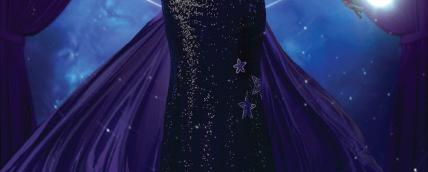
Presenting sponsor: Platinum sponsors:



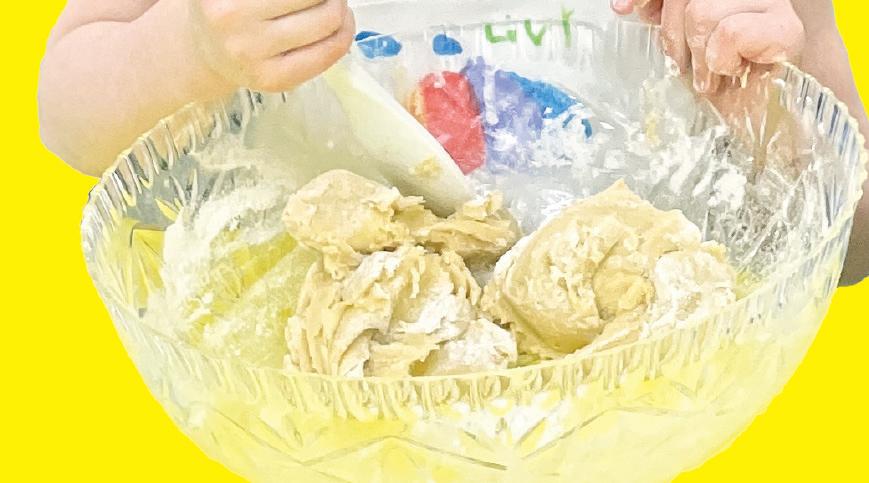
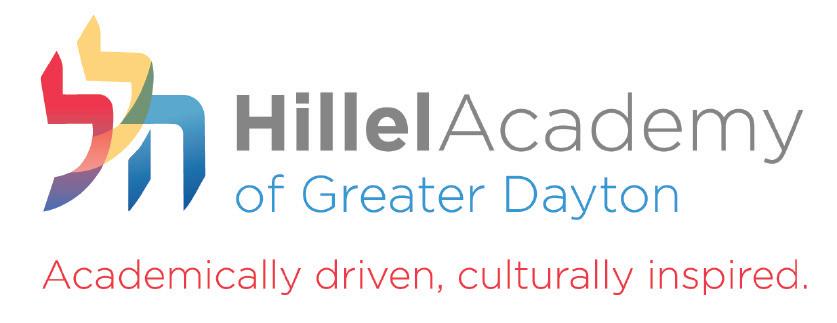
THE DAYTON JEWISH OBSERVER • MAY 2024 PAGE 21
Now accepting PreK-6 applications for the 2024-25 school year. daytonhillel.org • 937.277.8966 • asmith@daytonhillel.org Individualized learning • Social-emotional lessons Art, PE, technology, and music enrichments Hebrew as a foreign language Vibrant, family community New for 2024-25 - Half-Day Pre-K Inspiring minds, empowering leaders. Where education for the whole child meets Jewish values. Your child's path to excellence and leadership starts at Hillel Academy. Thank You for Supporting ArtsGala 2024! wright.edu/artsgala Presenting sponsor: Platinum sponsors: Gold sponsors: BLC Entertainment Sinclair Community College Think TV PBS WHIO-TV 7 Wright State Foundation Thank You for Supporting ArtsGala 2024! wright.edu/artsgala
Gold
BLC Entertainment Sinclair Community College Think TV PBS WHIO-TV 7 Wright State Foundation Save the Date for Next Year — April 5, 2025!
sponsors:
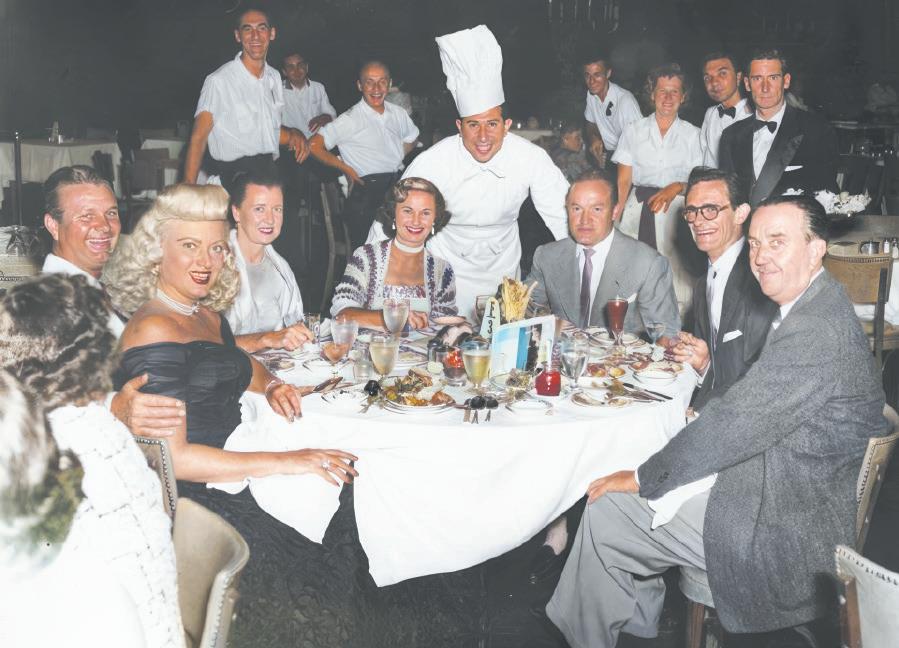
Opening Night
Thursday, May 30 at 7PM followed by speaker Dr. Jenny Caplan and a dessert reception
(United States, 2023, 86 minutes) • Documentary is a delightful account of the rise and fall of the Borscht Belt and the powerful women who made it happen. With a trove of lost-andfound archival footage and a cast of characters endowed with the gift of gab, this charming documentary journeys into the storied mountain getaway north of New York City that served as refuge for Jewish immigrants and affluent Jewish families alike. Stand-up comedians share their best shtick while former waiters, entertainers, and dance instructors recount tales of the family-run resorts and bungalows. Punctuated with expert commentary—including from Dayton’s Dr. Jenny Caplan!—The Catskills is where nostalgia and memory meet the American Jewish experience.
$18 for an individual ticket
$95 for a season pass
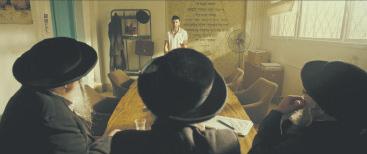
TUESDAY, JUNE 4, 7:15PM
AT THE NEON
THURSDAY, JUNE 6, 7:15PM
AT THE NEON
Night of shorts: Sevap/Mitzvah, BrownWhite, Mazel Tov Cocktail, Call Me Alvy, Jack and Sam
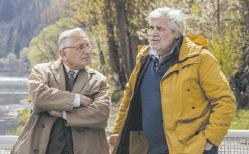
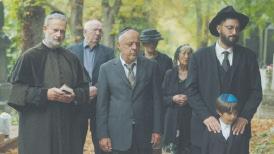
MONDAY, JUNE 10, 7:15PM
AT THE NEON
2024 LINE UP

TUESDAY, JUNE 18, 10AM AT THE NEON
Remembering Gene Wilder 9:30 AM Reception sponsored by Hadassah

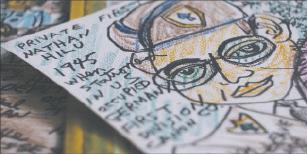
The Interpreter also available online June 10-11
SUNDAY, JUNE 16, 7:15PM
AT THE NEON

All About the Levkoviches also available online June 16-18
First 50 dads free for in-person attendance
TICKETS
$18 opening night
$12 All other nights unless otherwise noted
$95 Festival pass includes opening night and can be used for either in-person or online films. To purchase tickets or a festival pass, visit jewishdayton.org For more information or assistance, contact 937-610-1555.

SUNDAY, JUNE 23, 7:15PM
AT THE NEON
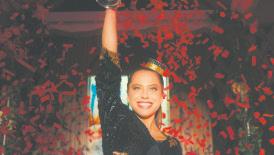
THURSDAY, JUNE 20, 7:15PM
AT THE NEON Nathan-ism
SUNDAY, JUNE 23, 3PM
AT THE NEON
An American Tail No charge for tickets
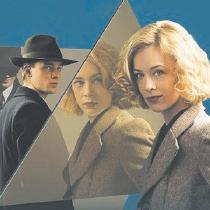

TUESDAY, JUNE 25, 7:15PM
AT THE NEON Less than Kosher also available online June 25-27
THURSDAY, JUNE 27, 7:15PM
AT THE NEON Stella. A Life.
Closing Night
SUNDAY, JUNE 30, 7:15PM
AT THE NEON
My Neighbor Adolf
Kidnapped: The Abduction of Edgardo Mortara THANK








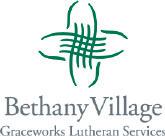
PAGE 22 THE DAYTON JEWISH OBSERVER • MAY 2024
2024
OUR
YOU TO
FESTIVAL SPONSORS!
Jewish Community Center OF GREATER DAYTON
The Roger Glass Center for the Arts 29 Creative Way, Dayton, 45479
NIGHT OF Short Films
Nearly 2,000 years ago, the Talmudic sages taught: “When the sun is eclipsed it is a bad omen for the entire world. The Gemara (commentary) tells a parable. To what is this matter comparable? To a king of flesh and blood who prepared a feast for his servants and placed a lantern before them to illuminate the hall. He became angry at them and said to his servant: Take the lantern from
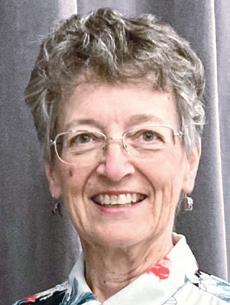 Candace R. Kwiatek
Candace R. Kwiatek
before them and seat them in darkness.”
Simply put, God prepares and sets before humans all manner of good things, illuminated by the sun for their pleasure.
But seeing their lack of consideration for such riches (and perhaps even for one another), God becomes angry and orders the moon to obscure the sun, taking away its light and casting humans into darkness, a portent of Divine retribution.
"Jewish tradition has long been accepting of the basic scientific explanations for the rules of the cosmos,” writes
Forward Contributing Editor
Seth Rogovoy, including the natural event of an eclipse. At the same time, Jewish scholars, commentators, and laypersons throughout the centuries have discerned in Creation’s orderly design spiritual significance and insights as to how one might best live.
The sun and moon figure
prominently in the Jewish worldview. Rather than deities, as in most ancient cultures, the sun and moon are described in the biblical narrative as God’s handiwork designed to separate day from night, serve as signs for set times in the days and years, and function as lights.
And so, in Jewish life, the regular setting and rising of the sun across the seasons and throughout the years determines when a new day begins, informs the set times for daily prayer, and establishes the lighting times for Shabbat and festival candles.
This solar calendar provides constancy and stability, reflected in the Hebrew shanah, year, and its cognate shinun, repetition.
Gratitude to God for the gift of the sun is acknowledged in each day’s morning prayers, “Blessed are You…(Who) illuminates the earth (and) renews every day the work of Creation.”
guided by the irregular moon embodied the ongoing Jewish experience of impermanence and uncertainty, but it also implied notions of individuality, adaptability, and self-determination, reflected in the Hebrew words chodesh, month, and chadash, new.
For the Hebrew slaves, long indoctrinated into a sun-god mindset of repetition and regimentation, taking control of one’s own time and defining its purpose would have been revolutionary, liberating, and exhilarating notions.
The moon, which can only reflect light, is an everpresent symbol of the Jewish people.
The sun’s not-inconsequential roles in Jewish life are maintaining consistent ritual timing and fostering gratitude by calling attention to the wonders of Creation.
Shakespeare’s “inconstant moon,” however, plays the greater role in Jewish identity, life, and teaching, beginning with the first commandment given to the Israelite slaves just prior to the Exodus: “This month (Aviv/spring)…shall be the first of the months of the year for you.”
The resulting calendar
The Sages of Chelm and the Moon by Shlomo Abas. The people of Chelm — known as the city of wise fools — have a problem. Every so often they find themselves stumbling in the dark when the moon disappears from the night sky. So they set out to purchase a brand-new full moon to illuminate their dark skies year round. But their plan goes awry when a crafty innkeeper offers them a seemingly perfect solution. With comical illustrations and engaging text, this clever adaptation of a well-known tale is perfect for the elementary set.
Israel 201 by Joel Chasnoff and Benji Lovitt. Did you know that there are more than 5,000 stray cats in Jerusalem…per square mile? Explore 75 new aspects of Israeli life and culture today, from the Olympics to the music scene, real estate, show business, the arts, women’s rights, and more. Based on the authors’ own experiences, this book celebrates the Israel you probably don’t know, behind the headlines.
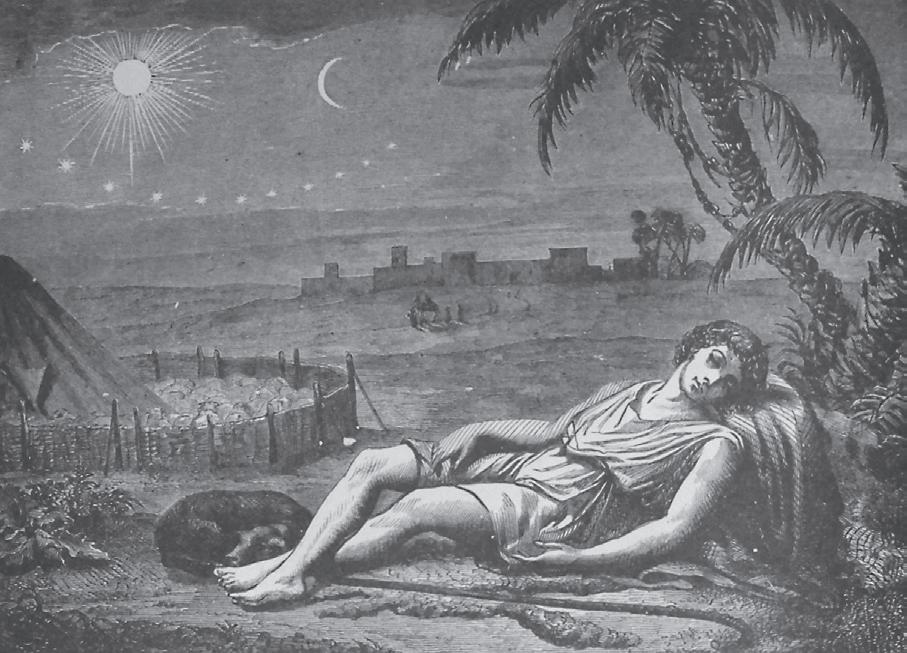
Its task is to reflect the light of the sun, God, and Torah into the world. Be a light by reflecting the light.
Naming each new month, celebrating its first day—Rosh Chodesh — and offering a blessing for the moon’s renewal at the Kiddush Levana ceremony have long acknowledged the centrality of the moon in Jewish life.
Eventually, by adding leap months to synchronize the shorter lunar calendar with the solar one, the unified lunisolar Jewish calendar emerged, creating a valued unity between constancy and novelty.
The moon, which can only reflect light, is an ever-present symbol of the Jewish people.
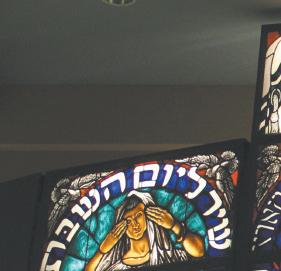
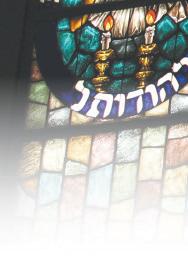
The king and the cottage. An elderly king had to determine which of his three children, whom he loved equally, would eventually reign. One day, he announced, “Whoever can fill the garden cottage to capacity within seven days with anything you choose will earn the throne.”
The oldest child lugged rocks of all shapes and sizes for days, filling the cottage's cracks and crevices with small pebbles. At the end of the week, the king nodded. “You may be the next king.” The king ordered the cottage emptied.
The middle son took his turn, filling the cottage with feathers and tamping them down until it was crammed full. At the end of the week,



the king nodded. “You have surpassed your brother. You may be the next king.” The cottage was again emptied.
When the youngest child’s turn came, the brothers pleaded with their father to not let her compete or at least wait until she was older. The king refused, saying, “You’ll each have a turn.”
The first day passed, but the cottage remained empty. A second day passed, and a third. The king waited. On the seventh day, just as the king opened the cottage door, the young princess slipped in and knelt in the middle of the room, facing away from the door.
Moments later, she rose, a candlestick standing on the floor, its flickering candle soon filling the entire cottage with light. The king smiled and said, “The throne is yours.”
The darkness of a total solar eclipse is a powerful Torah lesson. Because the sun is about 400 times larger than the moon, it’s only from our perspective that the moon appears to cover the sun. But the sun’s fierywhite corona is still visible, reminding us that even in dark moments, the Divine Light isn’t extinguished, and we can still reflect it outward.


Part-Time Religious School Educator/Administrator
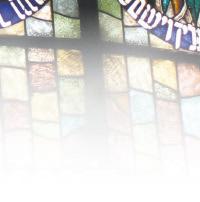


Beth Abraham Synagogue seeks a creative, enthusiastic, and knowledgeable part-time educator/administrator to lead our Religious School. The ideal candidate is passionate about Jewish education, has administrative experience, and relates well to students and parents.
Term: August 1, 2024 - May 31, 2025. Time Commitment: 15-18 hours average per week. For full job description or to apply, contact Elaine Arnovitz, elaine@bethabrahamdayton.org.
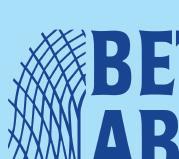
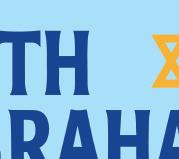


THE DAYTON JEWISH OBSERVER • MAY 2024 PAGE 23
JEWISH FAMILY EDUCATION Judaism's Worldview Series Sun or moon? Literature to share
305 Sugar Camp Circle • Dayton, Ohio 45409 937•293•9520 • www.bethabrahamdayton.org
Beth Abraham, Dayton’s only Conservative synagogue, is enthusiastically egalitarian and is a liated with the United Synagogue of Conservative Judaism. For our complete program schedule, go to bethabrahamdayton.org.
Joseph's Dream, the Holman Bible, 1890.


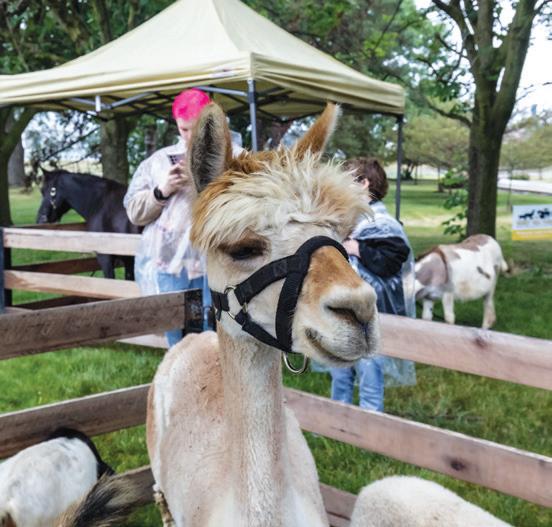
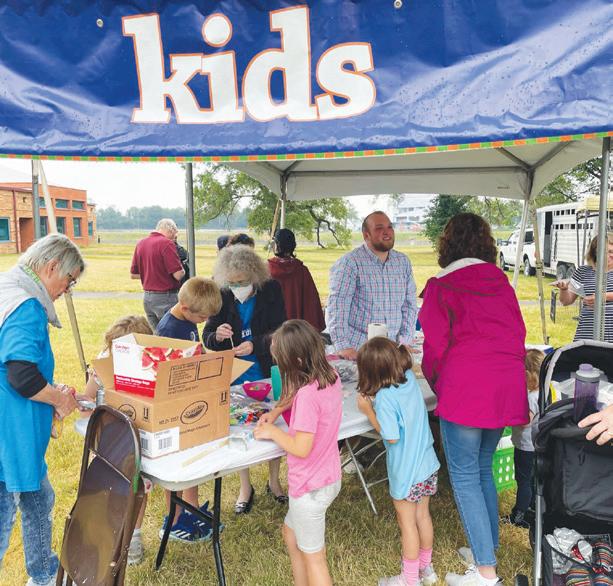
Arts&Culture
Hulu’s We Were the Lucky Ones uncovers a Jewish family’s buried past under the Nazis
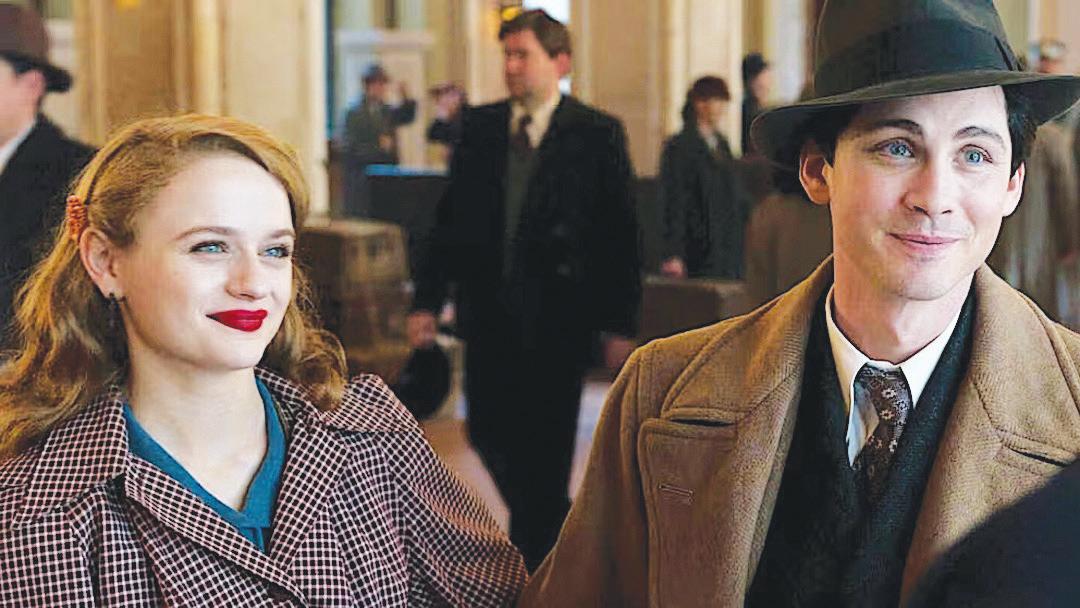 By Shira Li Bartov, JTA
By Shira Li Bartov, JTA
Georgia Hunter was 15 when she discovered her grandfather was Jewish. The revelation took place a year after his death, while Hunter was interviewing her grandmother for a school project.
“A high school English teacher said, ‘Go out and interview a relative to learn a bit about your roots and in turn about yourselves,’” Hunter said. “I sat with my grandmother Caroline and I will never forget that hour I spent with her, sitting in her home and discovering that my grandfather was from this town called Radom, Poland, that he was one of five siblings, that he was raised in the Jewish faith, and that I came from a family of Holocaust survivors.”
That interview led Hunter, who grew up in Providence, R.I., down the long road to uncovering her family’s Holocaust story, which spanned five continents and six years of hiding, imprisonment, and exile. As an adult, she spent nine years researching their implausible paths to survival — a project culminating in her 2017 novel, We Were the Lucky Ones, based on their experiences.
Fry; A Small Light, the Disney+ miniseries about Anne Frank’s protector, Miep Gies, and the recent Netflix adaptation of Anthony Doerr’s novel, All the Light We Cannot See
We Were the Lucky Ones is distinguished from these and other Holocaust dramas by its wide lens. It begins at the Kurc family’s Passover dinner in Radom in 1938. Their life looks as comfortable as their elegant home, despite whispers of antisemitism and Hitler’s ambitions outside their borders.
Parents Sol (Lior Ashkenazi) and Nechuma (Robin Weigert), who run a fabric store, are delighted to welcome home their son Addy, a musician and electrical engineer visiting from Paris. Their other sons Genek (Henry-Lloyd Hughes) and Jakob (Amit Rahav) are budding lawyers, their daughter Mila (Hadas Yaron) is pregnant with her first child, and their daughter Halina dreams of following Addy abroad.
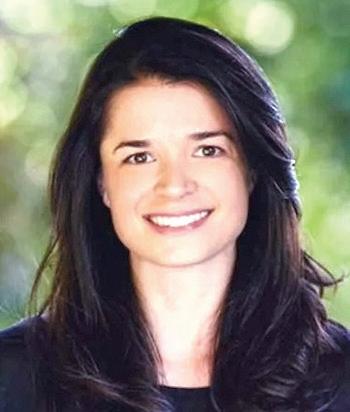
This cozy existence is shattered by the outbreak of World War II.
We Were the Lucky Ones has come to TV as a Hulu series, co-executive produced by Hunter alongside Erica Lipez, who produced The Morning Show. Starring Logan Lerman as Hunter’s grandfather Addy Kurc and Joey King as his sister Halina, the series premiered with three simultaneous episodes March 28.
The series joins a spate of recent limited series about the Holocaust and World War II, including The Tattooist of Auschwitz, which airs on Peacock in May; Transatlantic, last year’s Netflix series about Holocaust rescuer Varian
Over the course of eight episodes, the family is scattered across the globe: Sol and Nechuma are forced into factory work before they go into hiding in the Polish countryside; Addy flees France for Brazil via detainment in Vichy Frenchcontrolled Dakar; Genek and his wife Herta (Moran Rosenblatt) are sent to a Soviet labor camp in Siberia until he is able to join the Polish army, which takes them to Palestine under the British mandate and Italy; Mila hides her daughter in a Warsaw convent; Halina clings to a false identity through torture at the Nazi Montelupich Prison in Krakow.
The vast scope of the family’s mi-
PAGE 24 THE DAYTON JEWISH OBSERVER • MAY 2024 Jewish culture, food, friends and fun! Make plans to join us 11am to 7pm June 9 www.tidayton.org/festival Temple Israel • 130 Riverside Drive • Dayton, OH 45405
Hulu
Joey King as Halina and Logan Lerman as Andy in We Were the Lucky Ones.
Author Georgia Hunter
gration and the creeping pace of their persecution in We Were the Lucky Ones tells a story about the Holocaust beyond the death camps, Lipez said.
Family members face exile, robbery, humiliation, forced labor, and street massacres before a whisper that Jews are being gassed is heard several episodes in. “There’s been some good education and storytelling about the death camps that is really necessary,” Lipez said.
“But I think this show was an opportunity to focus a lot on those years leading up to the Final Solution, and to show through the really intimate lens of this family the boiling hot water that they were in — in their own society and their own community.”
According to Hunter, her grandfather did not explicitly keep his past a secret from his family. He renamed himself Eddy Courts from Addy Kurc on arriving in the United States after the war and intended to start a new chapter and protect his children from a troubled past. When he visited other surviving family members, he sometimes left out the context.
“He would talk about going to Brazil, but he would maybe say that he was going for his birthday — and then my mom would learn later that he planned to be there over Passover,” Hunter recalled.
Luck is the theme of her family’s story: the luck to survive and reunite, but also the chance to create new lives and families far away from the past. The main characters in We Were the Lucky Ones are also granted a fortunate moral arc — by the end, their hardships have made the family resilient, generous, and loving, a development that not every survivor of trauma is lucky enough to experience.
Of course, there is also an irony to the term “lucky ones,” as each family member endures profound tragedy. King said it is the perception of being lucky despite their circumstances that made the Kurc family compelling to her.
“The perspective that they took was so humbling — to hear them call themselves lucky, it’s just beyond imagination," King said.
“But they survived and they had love in their lives, and they considered themselves lucky.”
While it was Addy Kurc’s luck to leave the Holocaust behind, Hunter sees it as her luck to remember it. Her research took her to interviews with family members on the east and west coasts of the U.S. and in France, Italy and Brazil.
Even though she was not raised with Jewish identity, Hunter said that this project has brought her closer to herself, an identity rooted in her Jewish family history.
“I feel like my eyes have been opened to these pieces of me that were always there, but that are so apparent now — whether it’s the stubborn gene, not ever taking no for an answer, or having the courage to set out and try to complete this project over the course of nine years,” Hunter said. “I see so much of myself in my grandfather and my relatives.”
Arts&Culture
Catskills opens JCC Film Fest May 30
Documentary celebrates lost world more marvelous than Mrs. Maisel ever knew
By Dan Pine, J.
The resorts are gone now, either demolished or rotting in the humid air of upstate New York. But for nearly a century, the Catskill Mountains served as a lush playground for America’s upwardly mobile Jews.
Though it slathers on the nostalgia thick as sour cream on a blintz, Lex Gillespie’s 2023 documentary, The Catskills, affectionately recounts the history of this iconic time and place. Ultimately, the film — which opens the Dayton JCC Film Festival May 30 at University of Dayton's new Roger Glass Center for the Arts — reveals a Borscht Belt more marvelous than Mrs. Maisel ever knew.

Gillespie draws on archival footage, photos, home movies, and contemporary interviews with former guests and employees of the resorts that dotted the woodlands up Highway 17. They collectively tell the story of East Coast Jews, many a mere generation removed from the shtetl, determined to live the American dream.
Beginning around 1909, Jews began buying land in the Catskills, some to open chicken farms. Others later built modest hotels and bungalows for compatriots escaping the sweltering summer heat of New York City. Over time, resorts such as Grossinger’s and the Concord became prime destinations for Jews, who were otherwise forbidden to enter resort hotels restricted to White Christians.
These family-run resorts in the Catskills became pleasure domes, providing everything for the rich and the not-so-rich: swimming pools, rumba lessons, nightly shows, and comedians busy inventing the nascent art of standup.
And the food! Piles of stuffed cabbage, chopped liver, and enough brisket to clog every artery between Liberty and the Lower East Side. The buffet symbolized a thriving Jewish population enjoying the bounty of the American century.
The Catskills arrives at a moment of peak interest in the era. The Catskills
JCC Film Fest opens with The Catskills, 7 p.m., Thursday, May 30 at the University of Dayton's new Roger Glass Center for the Arts, 29 Creative Way, Dayton. After the movie, participants will hear from Univ. of Cincinnati Judaic Studies Chair Jenny Caplan. Tickets are $18 and include a 6:30 p.m. reception. Purchase tickets at jewishdayton.org/events.
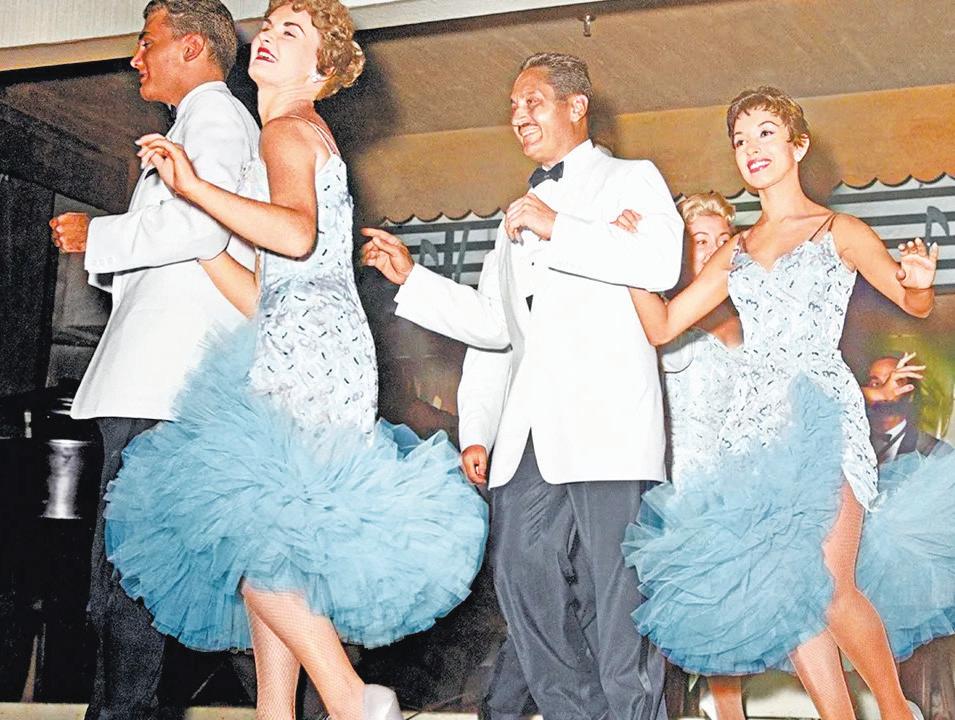
Borscht Belt Museum is set to open in Ellenville, N.Y. in 2025.
Meanwhile, the film dwells on Jennie Grossinger (1892-1972), resort co-owner and hostess with the mostest. She and her husband, Harry, bought a few acres in 1914 and began renting out lodgings around that time. Within a few years, they had 63 acres of prime land and became ground zero for Catskills luxury. Jennie was a friend to the stars of sports and entertainment, including baseball legend Jackie Robinson, whom she publicly embraced. That progressive impulse was shared at Kutsher’s, which hired a teenage Wilt Chamberlain one summer.
We also meet Arthur Winarick, a one-time barber who made a fortune with his hair tonic. He opened the Concord Resort Hotel, which out-fancy-schmancied Grossinger’s with its three golf courses, two nightclubs, a skating rink, and an indoor pool.
The film also devotes attention to the Borscht Belt comedians who went on to fame. Catskills alumni like Henny Youngman, Danny Kaye, Buddy Hackett, Phil Silvers, Milton Berle, and Jackie Mason not only invented stand-up comedy, they imprinted on the art a permanent Jewish sensibility that suffuses American humor to this day.
book.
The surprising star of The Catskills is dance teacher and firecracker Jackie Horner, who in her late 80s was still teaching the cha-cha and merengue. Horner, who died in 2020, started at Kutsher’s resort in 1954 and never stopped teaching dance (even though Kutsher’s closed for good in 2013). Clearly, she had the time of her life embodying that old Catskills magic.
Gillespie explains the slow death of the Catskill resorts as the consequence of a rapidly changing society. In many ways, the Borscht Belt was a victim of its guests’ own success.
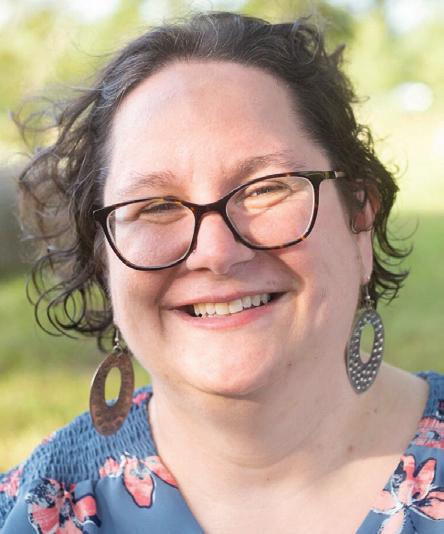
The Civil Rights Act of 1964 outlawed discrimination, so that Jews could suddenly stay anywhere. Affordable air travel opened up new vacation options, and the introduction of air conditioning meant families could stay cool in their Brooklyn apartments during the summer months.
As Dirty Dancing screenwriter Eleanor Bergstein says in the film, “People just stopped coming.”
But for several glorious decades, Jews flexed their freedom and mounting wealth in the mountain air of what was known as the Jewish Alps. The Catskills brings it all back, even for those who never set foot there.
One exceptionally odd sequence describes the annual “mock marriage” ceremony held at the Gold and Rados bungalow colony, in which the men dressed as women, the women dressed as men, and all stood under the chupah while a fake rabbi officiated, clutching a Playboy magazine instead of a prayer
Attending the Dayton screening will be University of Cincinnati Judaic Studies Chair Jenny Caplan, author of Funny, You Don’t Look Funny: Judaism and Humor from the Silent Generation to Millennials Caplan, who has family ties to Dayton, was interviewed for The Catskills documentary. She'll answer questions after the film.
THE DAYTON JEWISH OBSERVER • MAY 2024 PAGE 25
A still from The Catskills shows a photograph of Grossinger's dance staff.
Jackie Horner
Univ. of Cincinnati Judaic Studies Chair Jenny Caplan
Our beautiful Mom, Shirley F. Gotlieb Frankowitz, died peacefully on March 25 at the age of 95. Shirley was born in Kansas City, Mo. and married Martin Gotlieb (z'l) in 1948. Before the birth of their third child, they moved to Dayton in 1956, joined Beth Abraham Synagogue, and made Dayton their home. After Martin's sudden death in 1970, Shirley worked tirelessly to support her family. Initially as a full-time legal secretary, Shirley simultaneously taught religious school. Then after 14 years of membership at Beth Abraham, she became the executive director for a decade before retiring. Shirley remarried to Morris Frankowitz (z'l) in 1984 for three years, until his death in 1987. In recent years, Shirley was renowned and admired for her incredible creative skills as an artist, a pianist, a baker, and a writer; while in younger years, Shirley's reputation for her impeccable work ethic earned her the respect of everyone she knew.
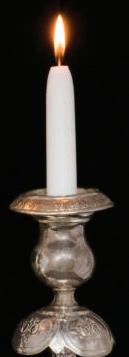


But her true calling and most important life's purpose was her family. She was beloved, admired, and treasured by each one of them and will be missed beyond measure. She is survived by her four daughters who were the light of her life, Linda Valderrama, Gail (Bob) Flacks, Janice (Bob) Kohn, Marsha (Larry) Weisel; eight beloved grandchildren, Marti Flacks, Adam (Melanie) Flacks, Alisa (Alex) Gelber Valderrama, Chad (Julie) Valderrama, Rachel (Josh) Drian, Daniel (Emily) Weisel, Ben (Sierra) Weisel, Becca (Zach) Chervitz; and six precious great-grandchildren. Interment was at Beth Abraham Cemetery. Donations may be made to Beth Abraham Synagogue or to Dayton Heart Association.
Nadezhda Gofer, born Aug. 23, 1932, passed away at age 91. She was a resident of Dayton since 1995 when she came to the United States from Latvia at the age of 62 to be near her family. She enjoyed gardening, cooking, walking, and spending time with friends and family. She was preceded in death by her husband, Ruvim (Roman) Gofer in 1995, and her motherin-law, Khana Gofer in 2006. She is survived by her daughter, Julia Nodel, and her son, Val (Rachal) Gofer; grandsons Eugene (Amy) Nodel, Ilya (Shayna) Nodel, Roman Gofer, and Nolan Gofer; and great-grandchildren Liam, Bella, Abriella, Masha, and Libby. Interment was at Riverview Cemetery.
The heavens gained another bright light on April 2, as Robert B. Kahn, at the age of 100, joined the love of his life, Gertrude. He was surrounded by his devoted children Ronald, Susan, Karen and son-in-law Ira. Bob closed his eyes for the last time, but leaves his mark as a proud Holocaust survivor. Born in Mannheim, Germany, Sept. 30, 1923, Bob
was a remarkable man of ideas with the ability to bring them to fruition. An ordinary man with an extra ordinary love for peace in the world and for the people around him. He was a natural leader, highly respected on his job with the U.S. Air Force where he worked at the highest level of the Armed Military Services including the National Security Council. Bob was recognized with numerous citations including one by President Lyndon B. Johnson. At his retirement, he received full honors by the logistics commanders of all military branches.
Inspired by his fascination with nature and love of elephants, he and Gertrude went on safaris in Kenya and Tanzania and traveled the world. He was an avid gardener and enjoyed playing tennis past his 90th year. One of his favorite charities was Father Flanagan - Boys Town to which he donated his extensive and valuable philatelic collections. He enjoyed music, particularly opera, and was a volunteer usher with his wife at the Victoria Theatre and Schuster Center for 11 years. He was a graduate of the University of Oklahoma and served as president of the Ruslander Lodge of B’nai B’rith. As a volunteer for 45 years for the Miami Valley Boy Scouts of America, he earned many awards as chair and chaplain of the Interfaith Committee on Scouting. For his dedication and compassion, he was given the St. George Medal from the National Catholic Committee and the Cincinnati Archdiocese. He also received the Shofar medal, the highest Jewish award for Scouting. Having honorably served in World War II in the Pacific theatre, he was also a member of the Jewish War Veterans since 1953. Bob was a 78-year member of Temple Israel, as well as an active member of the Jewish Federation of Greater Dayton.
In addition to these accolades, he championed the idea of a mobile Holocaust exhibit that paid tribute to the powerful stories of many men and women who called Dayton home. This exhibit was so successful it is now on permanent display at the National Museum of the U.S. Air Force. A central feature of this installation is his violin, which he was forced to play for the enjoyment of the Nazis during Kristallnacht on Nov. 8, 1938, while his parents’ belongings were destroyed, and his father taken to Dachau concentration camp. Bob was a prime mover for the World Gathering of Holocaust Survivors in 1991 of his hometown in Mannheim, Germany. He authored and published Reflections of Jew-
ish Survivors of Mannheim, and lectured at many local churches, schools, the University of Dayton, Wright State University Boonshoft School of Medicine, Sinclair College, and addressed in person the German Parliament in Berlin. As many will know, Bob’s motto was “Never, never, never give up.” And he lived those words with a passion that saw the publication in his ninth decade of life of an expanded 800-page autobiography, The Hard Road of Dreams: Remembering Never to Forget, a treasure trove of family history and historical documents that had previously been unknown and unshared. Robert was preceded in death by his beloved parents, Joseph and Martha Kahn, and his dear sister, Irene Elizabeth (Albert Poll), all survivors of the Holocaust. With his last breath, he declared his undying love for his wife, Gertrude (nee Wolff), for 75 happy, wonderful years, and to his children, Dr. Ronald Kahn (Mary), Susan Rapoport, and Karen Weiss (Ira). He adored his seven grandchildren, Brennan Kahn (Kara) and Dr. Cameron Kahn, Emily Rapoport and Sam Rapoport (Lisa), Jenna Halperin (Eden), Adam Weiss (Gillian), Aliza Lambert, Ph.D. (Ben); and great-grandchildren, Jonah, Max, and Lily Rapoport, Noa and Levi Halperin and Jack and Colette Weiss, who all affectionately called him Opa. Sadly, he will be missed by nieces Faye, Peggy, Rita, and Roslyn, nephew Marc, as well as his extended family, many good friends, and all those who knew him. The family wishes to thank all the loving caregivers for their compassion and friendship. Internment was at Riverview Cemetery. Contributions may be made to Temple Israel, Chabad of Greater Dayton, or Ohio’s Hospice of Dayton.
Paula Benjamin Levitt, age 89 of Dayton, passed away April 11, embraced by the love of her family. She was born to Frank and Ida Benjamin on Jan. 25, 1935 in Boston. Paula was preceded in death by her husband, Marvin, of 64 years. She is survived by her three children, Mitchel (Patty) of Columbus; Wayne (Ilise) of Lake Hopatcong, N.J.; and Lee (Karen) of Pittsburgh; five grandchildren whom she adored, Paul (Michelle), Nicholas, Alexandra, Sophie, Noah. Interment was at Beth Jacob Cemetery. Memorial contributions may be made to Koester Pavilion, Freedom Wing, 3232 N. County Rd., 25A, Troy, OH 45373.
William I. Schoenfeld, age 97, passed away on March 26. He was preceded in death by his wife, Ruth Schoenfeld; parents, Maurice and Beatrice Schoenfeld; brother, Arnold Schoenfeld; sisters, Rose Ross and Helene Westerman. He is survived by his sons, Roger Schoenfeld and Scott (Joanie) Schoenfeld; daughter, Tovah Leah (Gabi) Nachmani; grandchildren, Brad, Ross (Kim), Todd (Brittany), Karen (Ryan), Lauren (Ted), Dan (Molly), Matan (Ruti), Michal (Shlomi), Ariel (Hodaya), Rachel (Mordechai), Amichai (Naama), Tehila (Yehuda) and Talia (Ro’ee); and 23 great-grandchildren. Bill was born in 1926 in Port Huron, Mich. He and his late wife Ruth moved to Dayton in 1955 when he was stationed at Wright-Patterson Air Force Base. In 1957, he founded his CPA firm, William Schoenfeld & Co. He was active in the Jewish community in Dayton, serving on the board of the Jewish Federation. He and his wife Ruth were members of Temple Israel and then Beth Abraham Synagogue. Bill retired in 2015 and moved to Columbus in 2021 to be closer to his family. Bill was a devoted husband, father, grandfather, and great-grandfather. He always made family and friends a priority, even as he built his successful accounting practice. He was blessed with a kind heart, an unwavering moral compass, a strong work ethic, and a quick wit that endeared him to so many people throughout his long life. His legacy will live on in all those who were fortunate to know him. Interment was at Beth Abraham Cemetery, Dayton. Donations in Bill's memory may be made to Tenufa Bakehila (tenufa. org), a relief organization founded by Gabi Nachmani that repairs homes of the needy in Israel.
Lois Brook Unger of Dayton, passed away on April 15. Along with her parents, she was proceeded in death by her husband of 67 years, Gilbert Unger, daughter Rachelle Sherman, sister Shirley Klausner, great-grandsons Shiloh and Eli Jacobson, as well as inlaws and dear lifelong friends. She is survived by children Susie and Eddie Katz, Philip and Helen Unger, Amelia and David Ramer, and Richard Sherman; grandchildren Michael and Lauren Sherman, Ben and Hope Katz, Allison and Stephen Friedman, Alex Jacobson, Jacob and Kelly Unger, Rachael and Josh Sheradsky; and many great-grandchildren, nieces, nephews, and friends, all of whom both adored her and depended on her for her strength and wisdom. She will be dearly missed. Interment was at Beth Abraham Cemetery.
PAGE 26 THE DAYTON JEWISH OBSERVER • MAY 2024 Larry S. Glickler, Director Dayton’s ONLY Jewish Funeral Director 1849 Salem Avenue, Dayton, Ohio 45406-4927 (937) 278-4287 lgfuneralhome@gmail.com GLICKLER FUNERAL HOME & CREMATION SERVICE L’dor V’dor. From Generation To Generation.
North Main Chapel 1706 N. Main Street Huber Heights Chapel 5844 Old Troy Pike Pre-need Arrangements Pre-paid Funeral Trusts Cremation Services • Transfers For Both Locations Call 937-275-7434 Funeral Homes, Inc. Our Family Serving Your Family For More Than 90 Years
OBITUARIES

Marni
Bella Freeman
Elaine & John Gaglione
Carol Graff
Susan & Jonas Gruenberg
Robert & Vicky Heuman
Neil & Gina Kahn
Marilyn & Larry Klaben
Laurence A. Lasky
Drs. Perry & Renata Lubens
Marvin & Susan Mason
Gary Pacernick
Bernard Rabinowitz
Brenda Rinzler
Lee and Patti Schear
Greg Schreck In memory of Dorothy Cherny Shane by Stanley J. Cherny
Zerla Stayman
Steve & Shara Taylor
Temple Anshe Emeth
Current Angels
Elaine Abramson
Karen & Steve Arkin
Ken Baker, K.W. Baker & Assoc., LLC
The Barrett Family
Skip & Ann Becker
Michael & Amy Bloom
Frieda Blum
Sylvia Blum
James & Margaret Brooks
Judith & Steven Carne
Don Charles
Natalie R. Cohn
Betty Crouse
Scot & Linda Denmark
Susan Dlott
Ad sales and Jewish Federation support only cover a portion of our expenses to bring you The Observer Printing costs and postage go up. We need your help to ensure the depth of our coverage doesn’t go down.
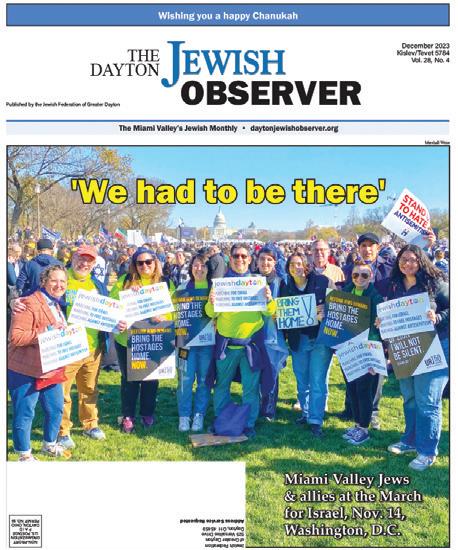
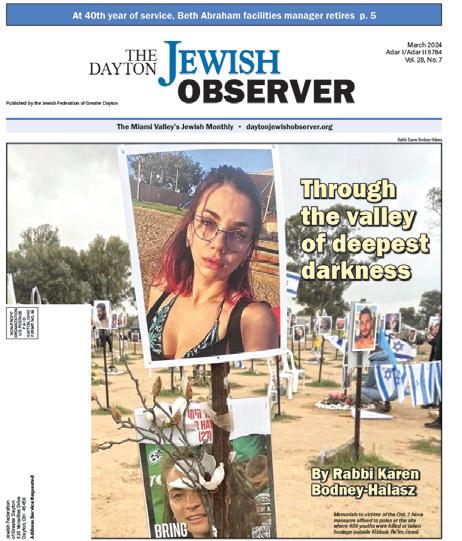
Howard & Sue Ducker
Bruce & Debbie Feldman
Lynn Foster
Stanley Frankowitz
Cindy Pretekin & Jeff Froelich
Felix Garfunkel
Mrs. Jack Goldberg
Stephen Goldberg
Kim & Shelley Goldenberg
Lynn & David Goldenberg
Debby & Bob Goldenberg
Michael Goldstein
Martin Gottlieb
John Gower
Judi & George Grampp
Art & Joan Greenfield
Syd & Lois Gross
Harold & Melissa Guadalupe
Dr. & Mrs. Stephen Harlan
Ralph & Sylvia Heyman
Barbara Hollander
Martin & Joan Holzinger
Linda & Steve Horenstein
Joan Isaacson
Rachel Jacobs
Michael Jaffe
David & Susan Joffe
Joseph & Marsha Johnston
Linda Ohlmann Kahn & Dennis Kahn
Jeffrey Kantor
Susan & Stanley Katz
Allan & Linda Katz
Cantor & Mrs. Jerome Kopmar
Ellen & Michael Leffak
Edye Leuin
Sarah Moore Leventhal
Laurie & Eddie Leventhal
Todd & Gabriele Leventhal
Meredith Moss Levinson
Norm & Kay Lewis
Ellie Lewis
Judy Lipton
Beverly A. Louis
Donald & Carole Marger
Scott & Brenda Meadow
Suzi & Jeff Mikutis
Kristen Mitchem
Irvin & Gayle Moscowitz
Eleanor Must
Bobbie & Jack Myers
James Nathanson
Myrna Nelson
In honor of Natalie M. Davis RN NICU
Neonatal, Cedar Sinai Hospital, L.A.,
grandaughter of Martin Nizny
Phil Office
Ann Paddock
Sharyn Reger
Susan & Nathaniel Ritter
Dr. & Mrs.
Gerald Rubin
Alice & Burt Saidel
Barbara Sanderow
Diane Schultz
Linda & Joel Shapiro
Katherine Sher & Jared Serota
Michael Silverman
Diane Lieberman Slovin
Allan Spetter & Claudia Birch
Susan Spiegel & Lisa Hanauer
Jeff & Cathy Startzman
Myron Stayman
Maggie Stein
Marc & Maureen Sternberg
Col. Jeffrey Thau, USAF, (Ret.) & Rina Thau
Bob & Suzanne Thum
Mr. Lawrence Wagenfeld
The Waldman Family
Ms. Judith Weber
Donald & Caryl Weckstein
Michael & Karen Weprin
Ronald Bernard & Judy Woll
* Of blessed memory.
THE DAYTON JEWISH OBSERVER • MAY 2024 PAGE 27
you value what we do, help us continue!
If
Guardian Angel One-year
in The Observer and three
three-column holiday greetings
value) $100 Angel One-year
in The Observer and one free three-column holiday greeting
$18 Subscriber One-year subscription to The Observer and acknowledgment in The Observer ($18 value) $36 Double Chai One-year subscription, acknowledgment in The Observer and one free one-column holiday greeting ($30 value) Name Address City State Zip Phone E-mail (check one) I currently receive The Observer via mail: yes no Fill out your name as you wish it to appear in The Observer: Name Address City State Zip Phone E-mail (check one) Currently receives The Observer via mail: yes no Here’s a gift subscription for someone special: Please make checks payable to The Dayton Jewish Observer. Thank you! $1,000 Champion All listed in Guardian Angel, plus the gratitude of knowing how much you help support Jewish journalism in the Miami Valley. ($126 value) Please consider a Voluntary Subscription to The Dayton Jewish Observer. BMB Observer mascot Bark Mitzvah Boy Return with payment to: The Dayton Jewish Observer, 525 Versailles Drive, Dayton, OH 45459 The Dayton Jewish Observer New & Renewing Voluntary Subscribers, March 6 - April 1 To make your Voluntary Subscription, go to daytonjewishobserver.org or use the form above. Thank you for your generosity. Renewing Angel Jeffrey Abrahams Double Chai Marcia Cox Mel & Janice Berman Subscriber Mr. Robert B. Kahn* Current Observer Champion + Andrea Scher Rabiner Current Observer Champions William Marwil Howard Michaels Milton Nathan Current Guardian Angels Dr. Douglas & Mrs. Bethany Einstein
& Adam Feiner
$250
subscription, one-year acknowledgment
free
($126
subscription, acknowledgment
($54 value)
Tara
Flagel
Steven & Penney Fraim
PRESIDENTS DINNER 2024



SUNDAY, JUNE 2
5PM @ THE BOONSHOFT CENTER FOR JEWISH CULTURE & EDUCATION (525 Versailles Drive, Centerville, 45459)





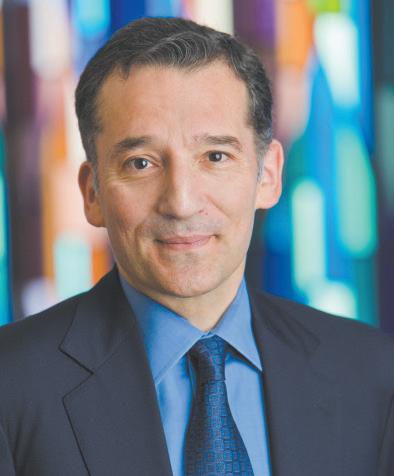
Rabbi David Wolpe
An evening with Keynote Speaker Rabbi David Wolpe, who has been recognized as The Most Influential Rabbi in America by Newsweek and one of the 50 Most Influential Jews in the World by The Jerusalem Post. Rabbi Wolpe serves as the Max Webb Emeritus Rabbi of Sinai Temple in Los Angeles and as a Senior Advisor to the Maimonides Fund. He is the bestselling author of eight books, and numerous articles in leading newspapers and journals.
BRUCE & DEBBIE FELDMAN Event Chairs
Tickets on sale at jewishdayton.org/events for more information contact Melanie Vincent at mgomez@jfgd.net or 937-401-1547.


































































































































































































































 Candace R. Kwiatek
Candace R. Kwiatek



















 By Shira Li Bartov, JTA
By Shira Li Bartov, JTA


















